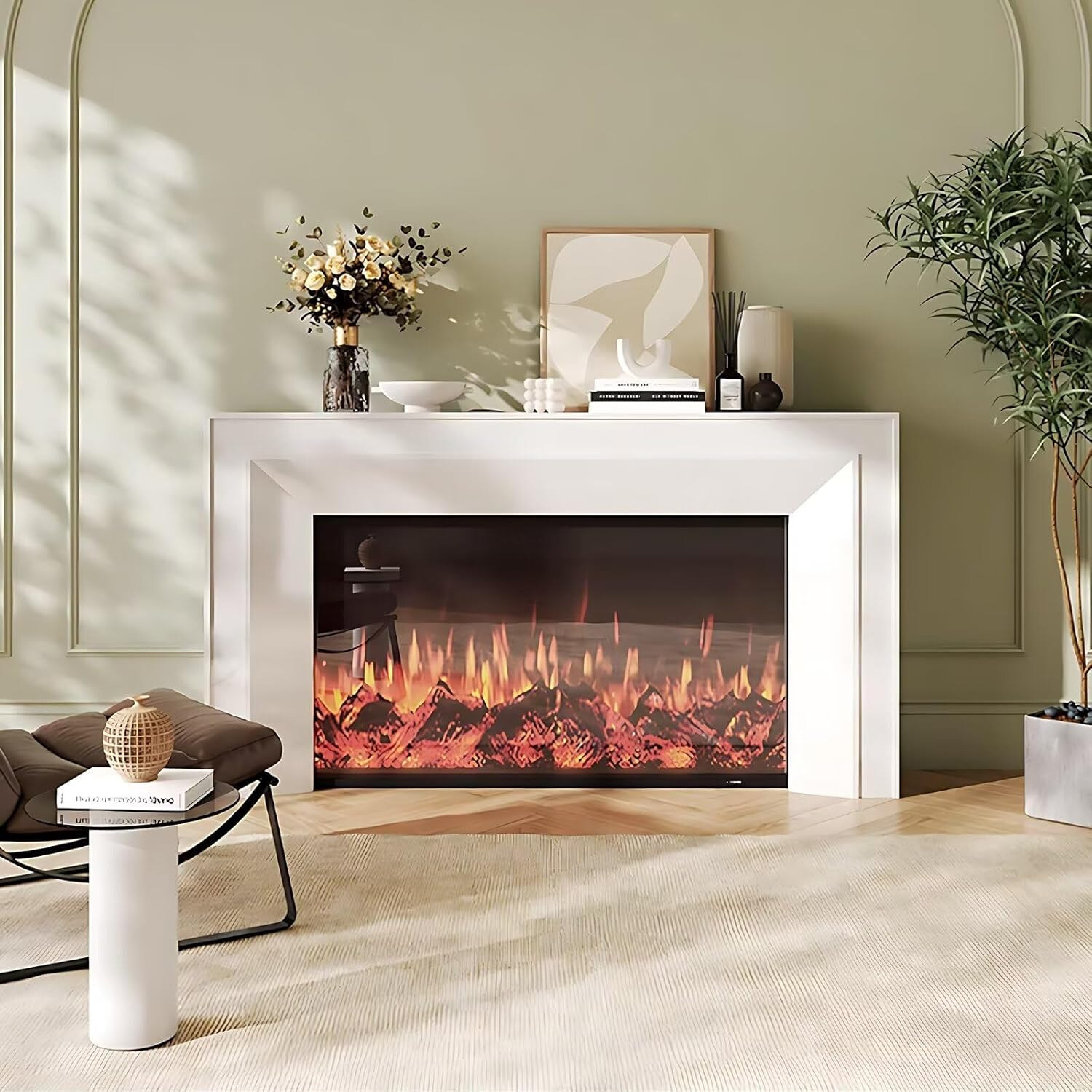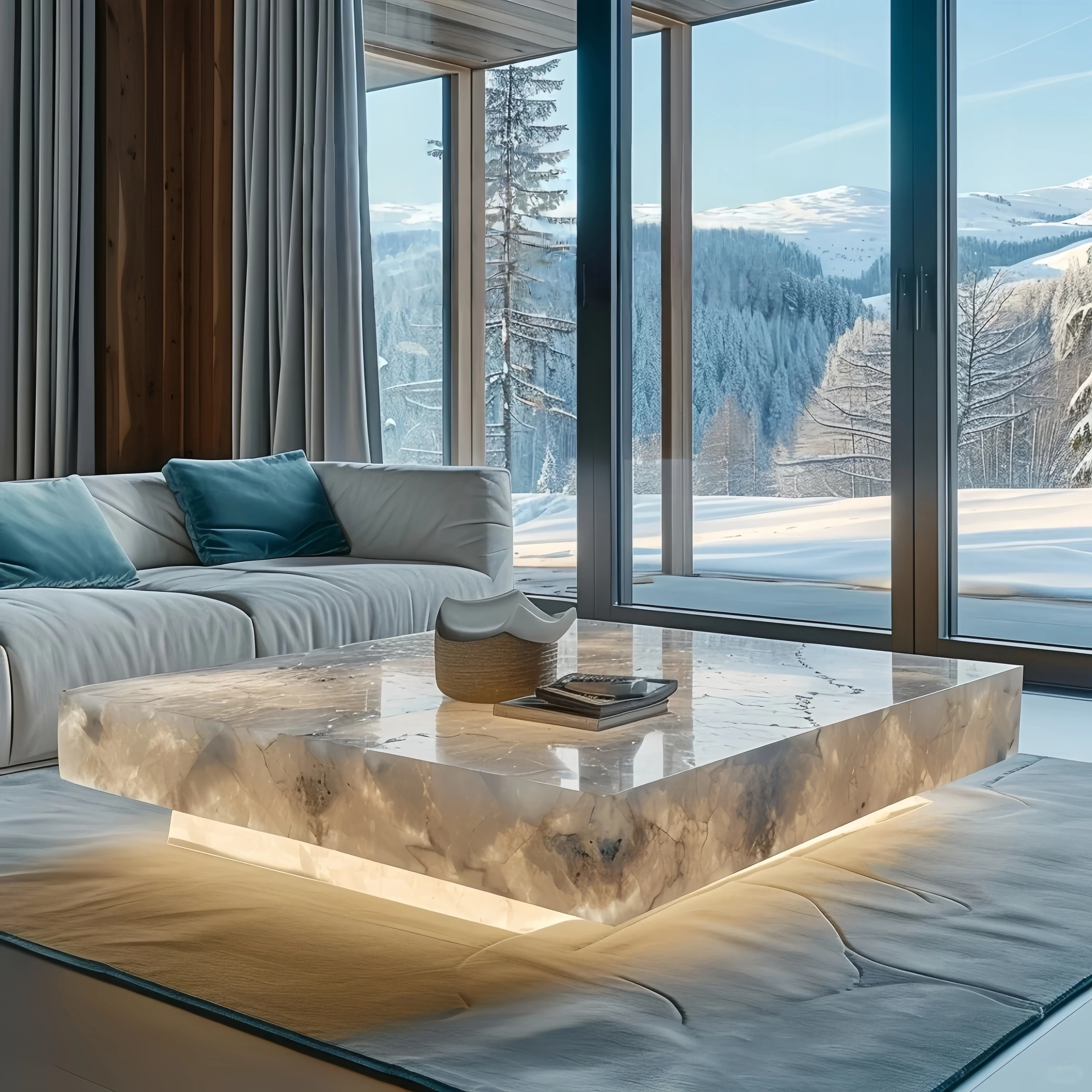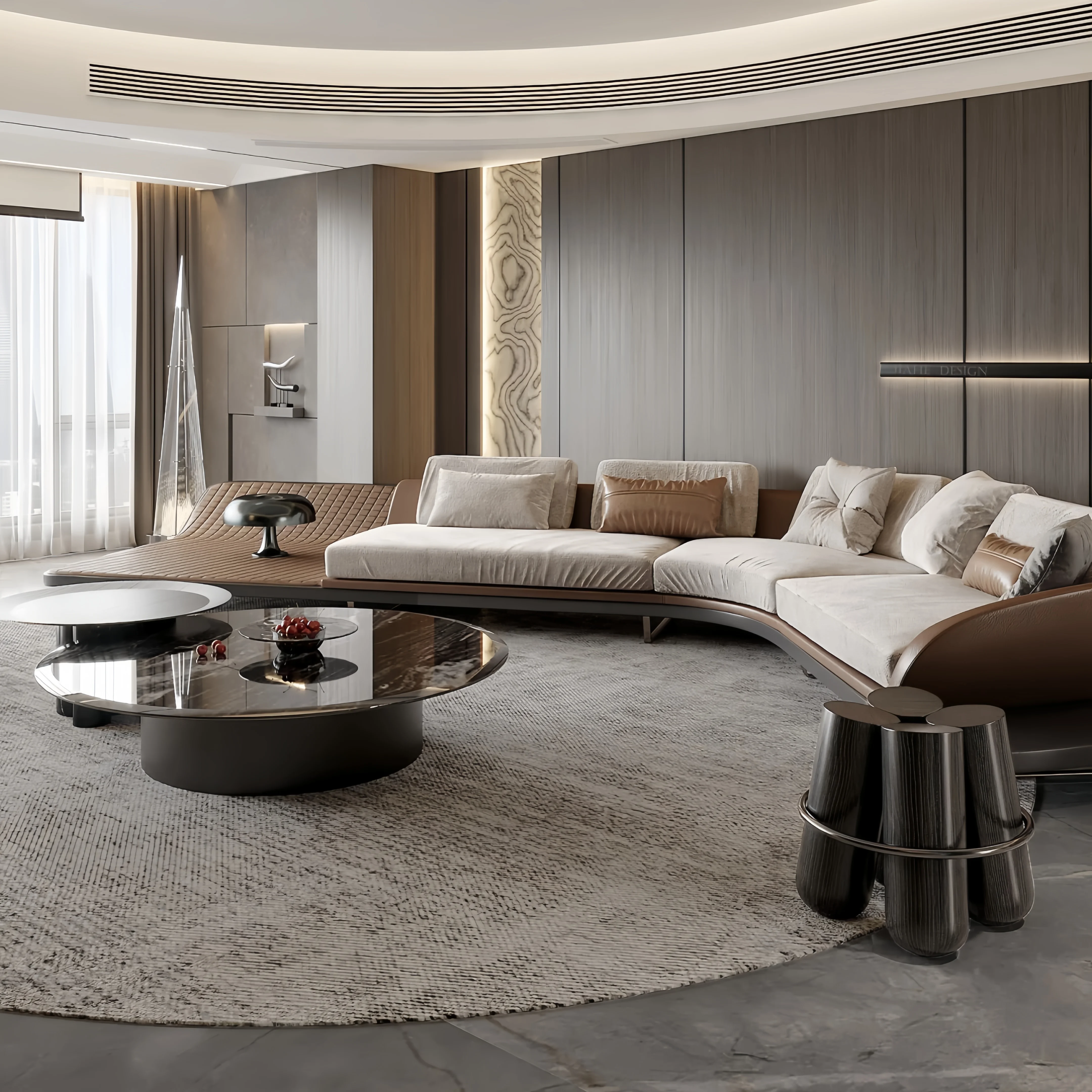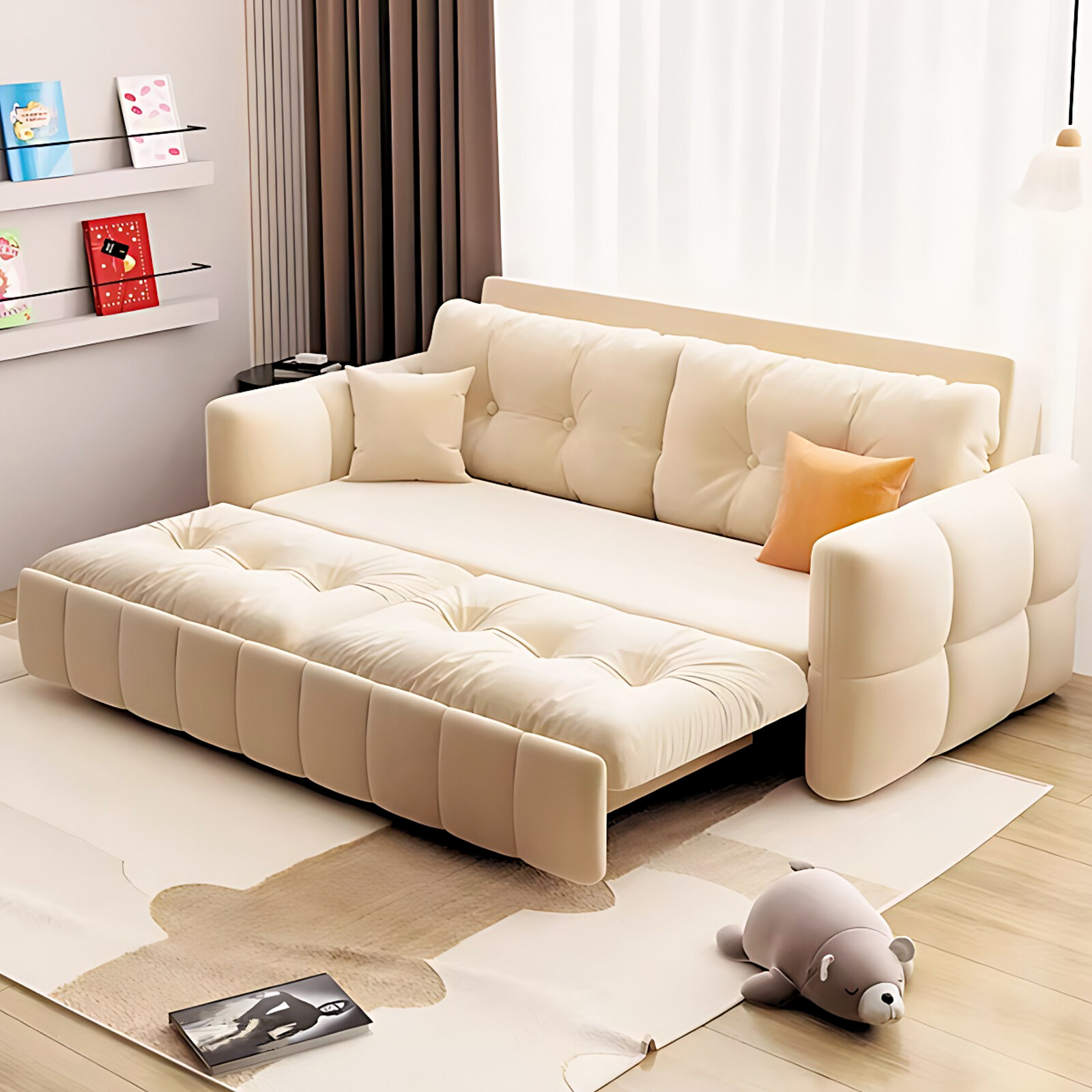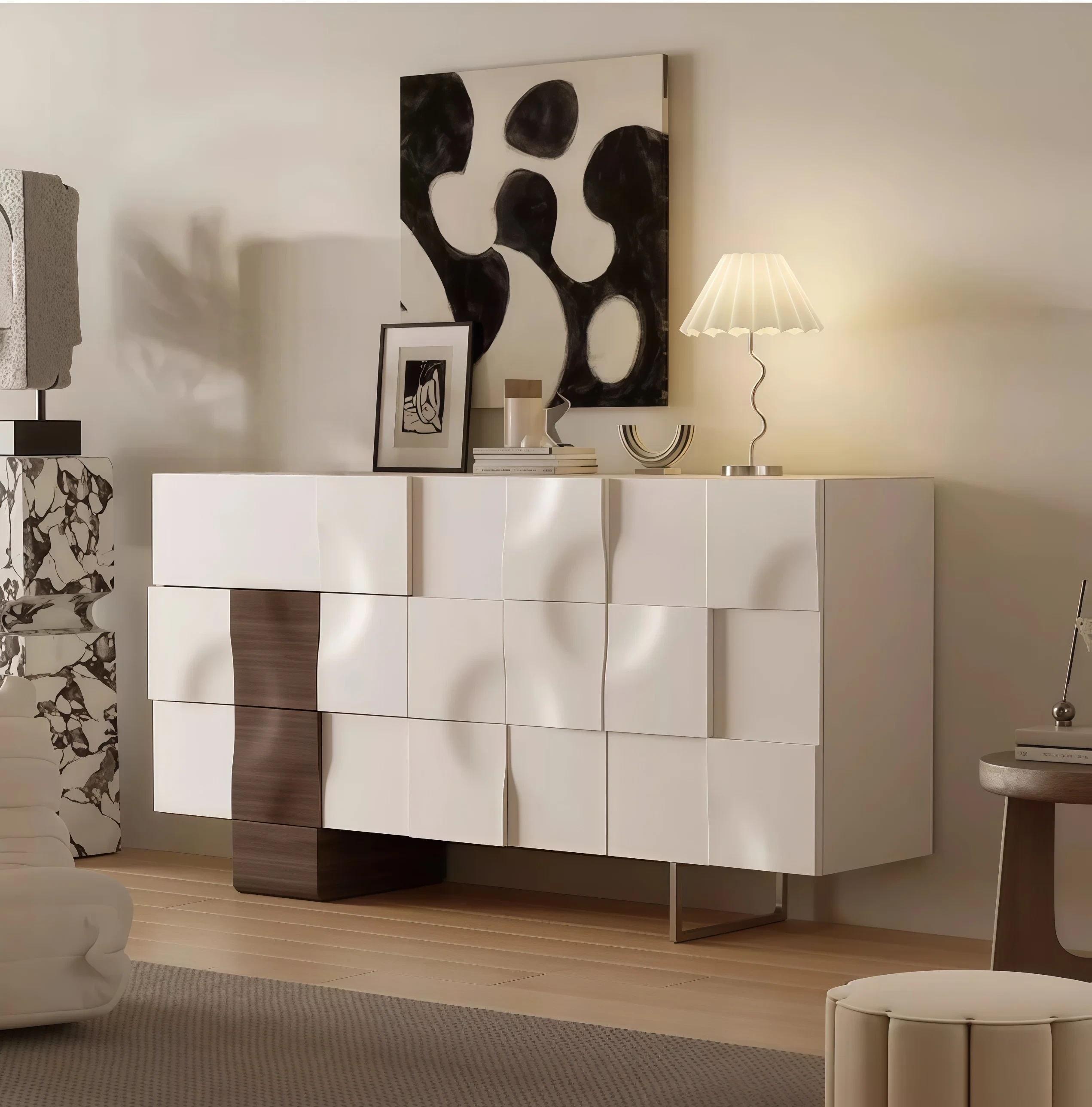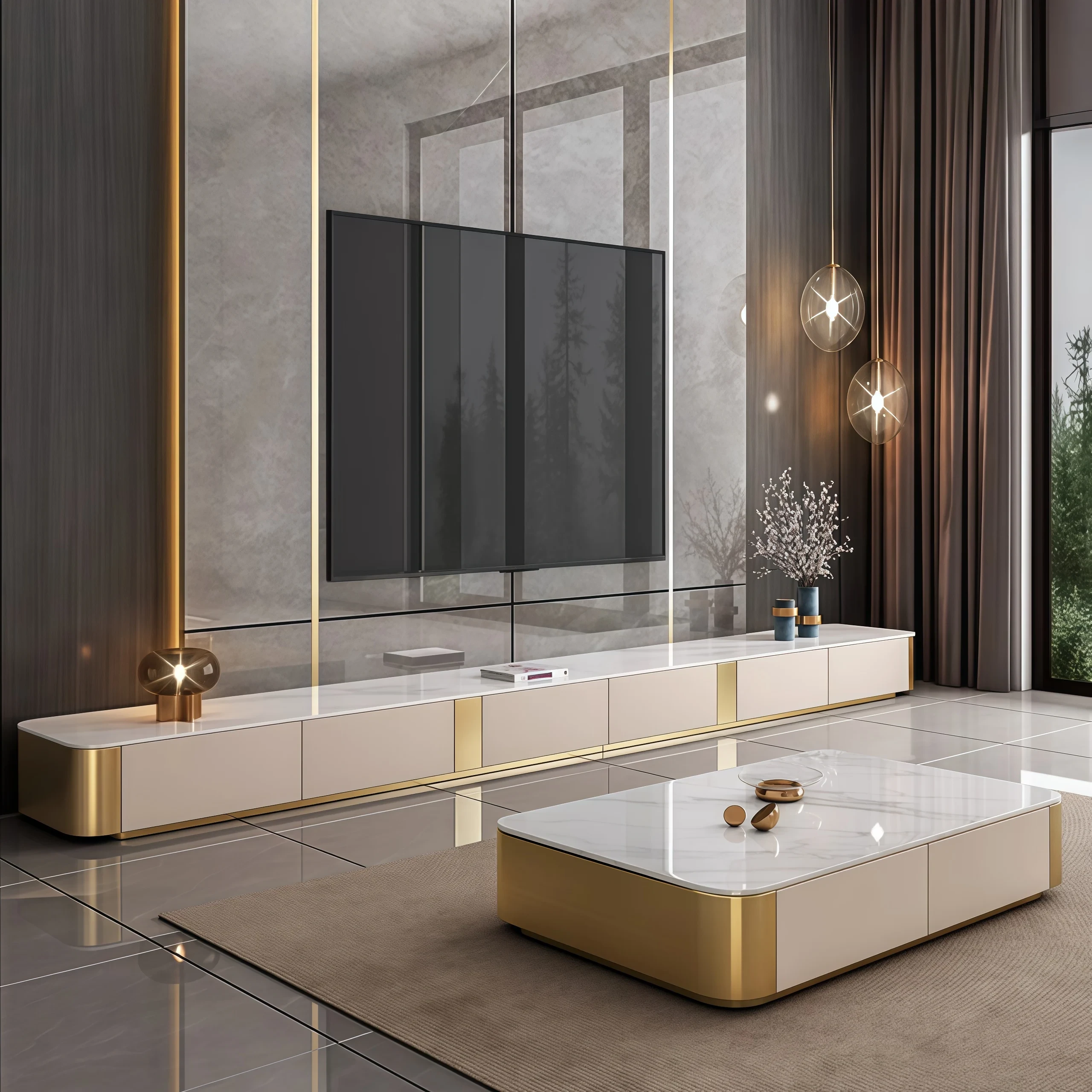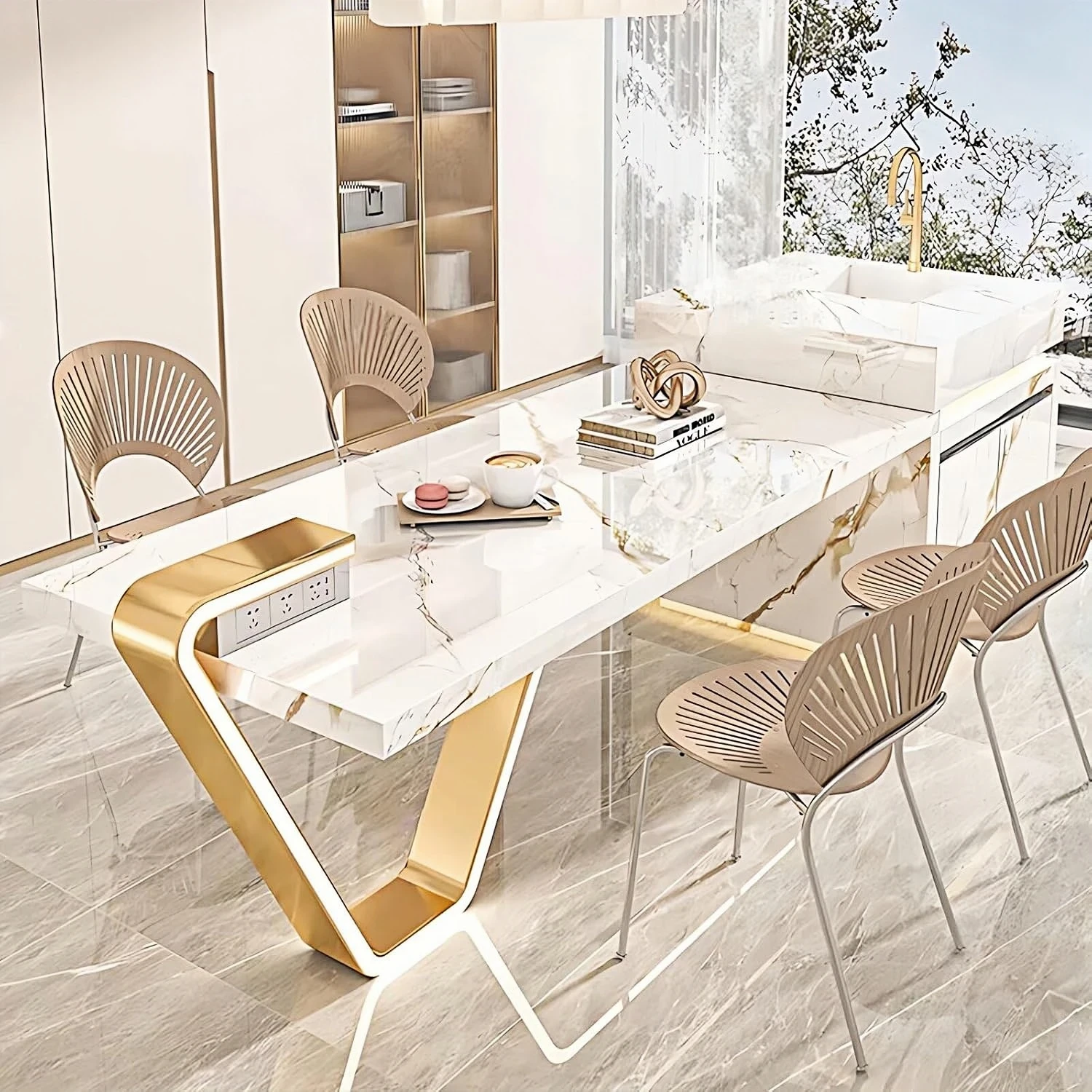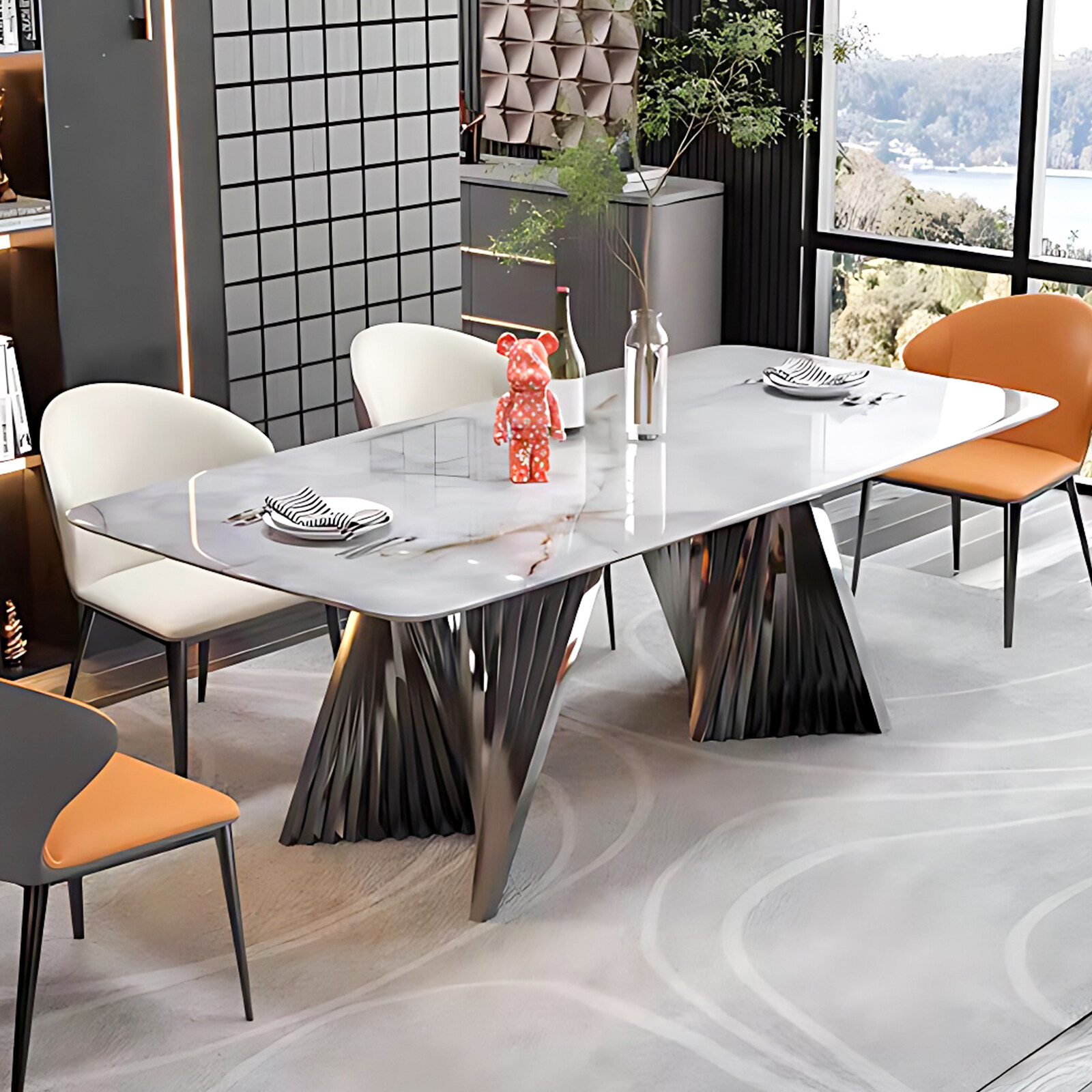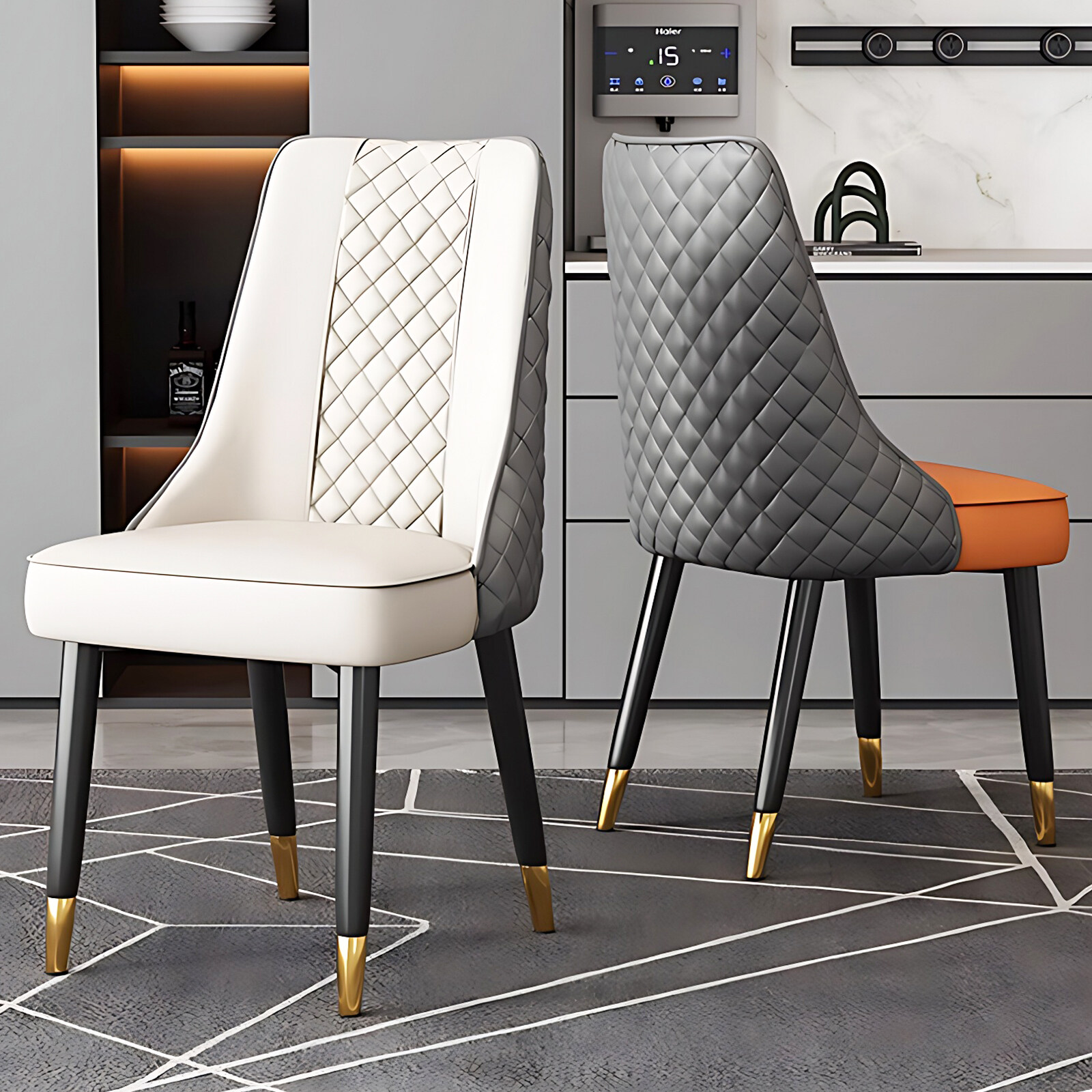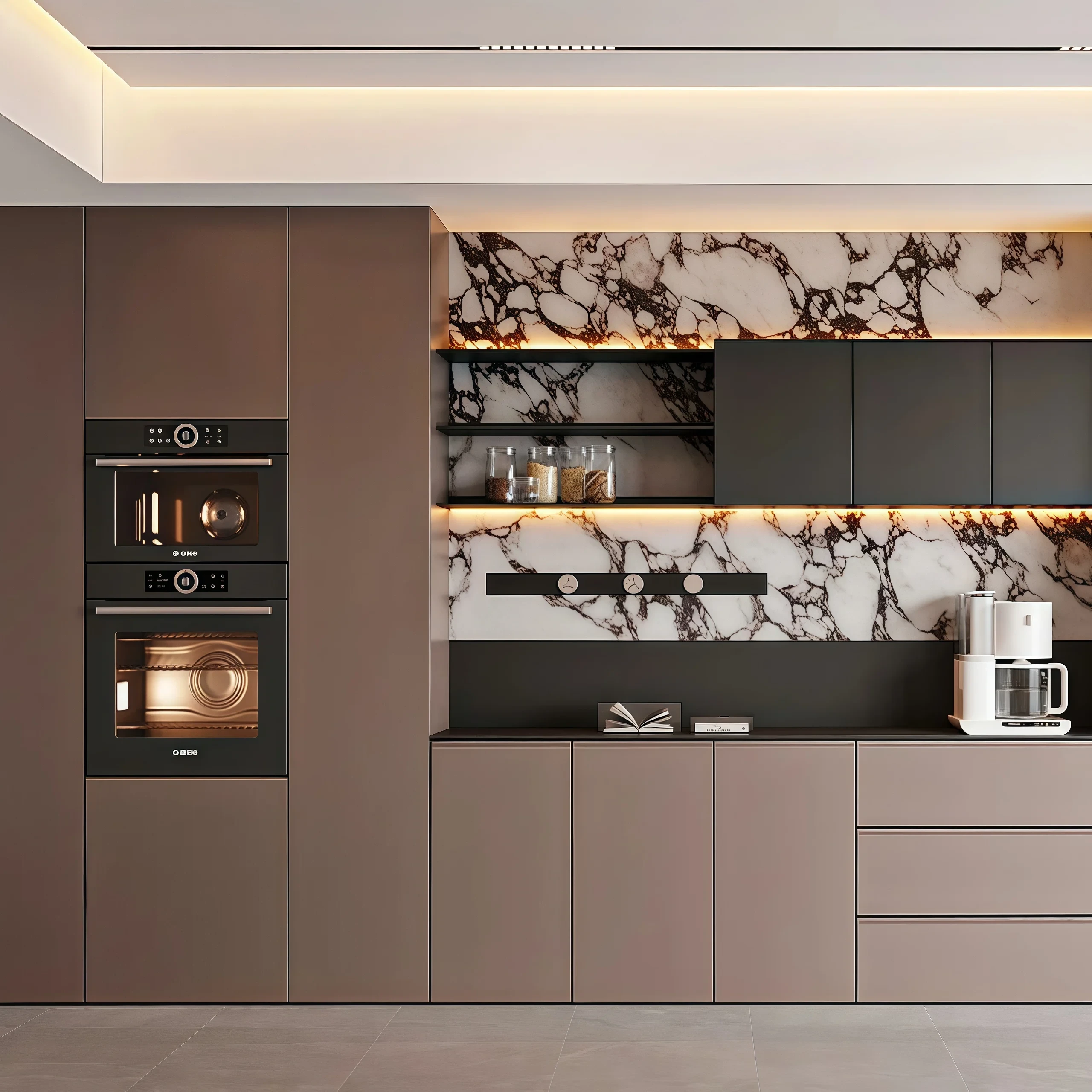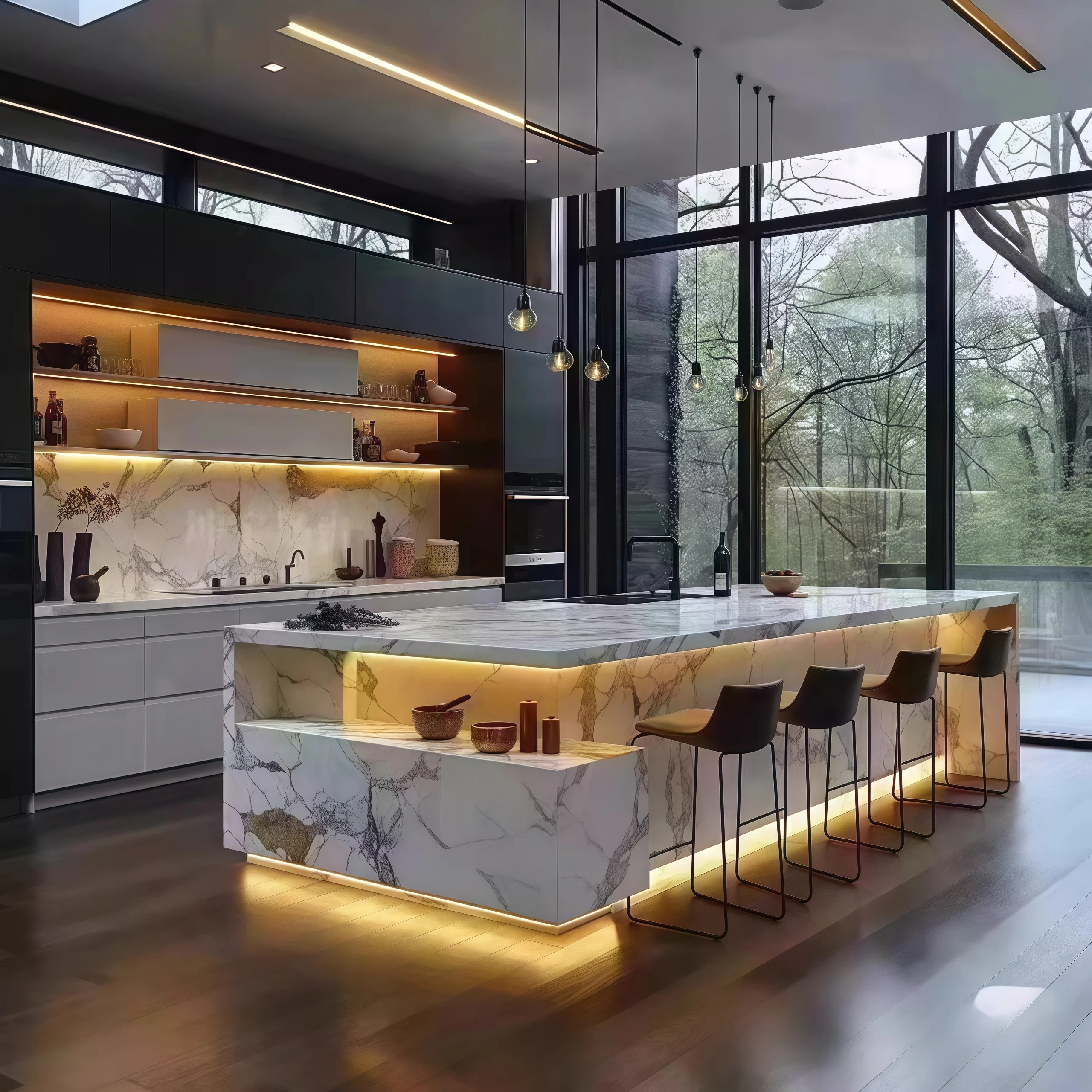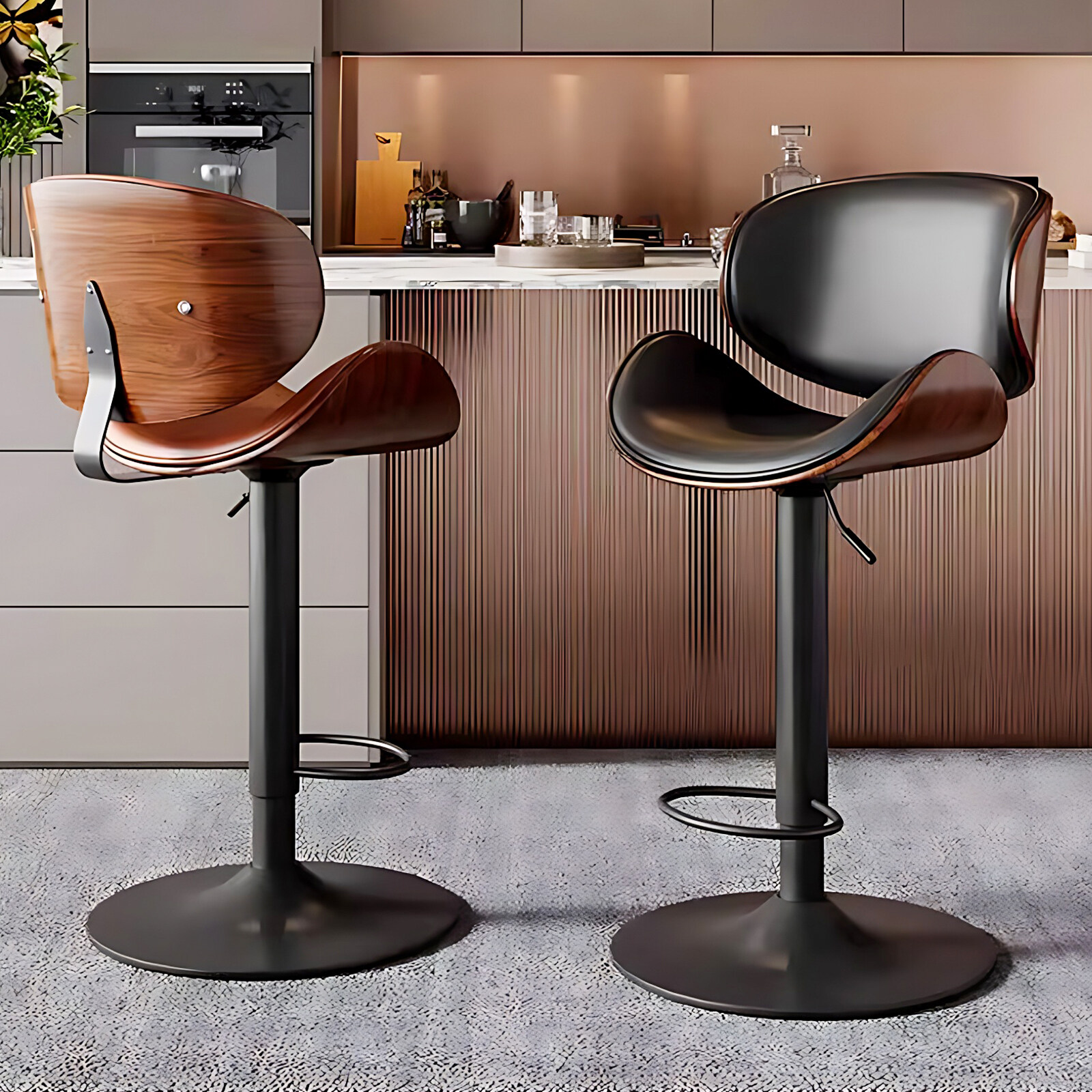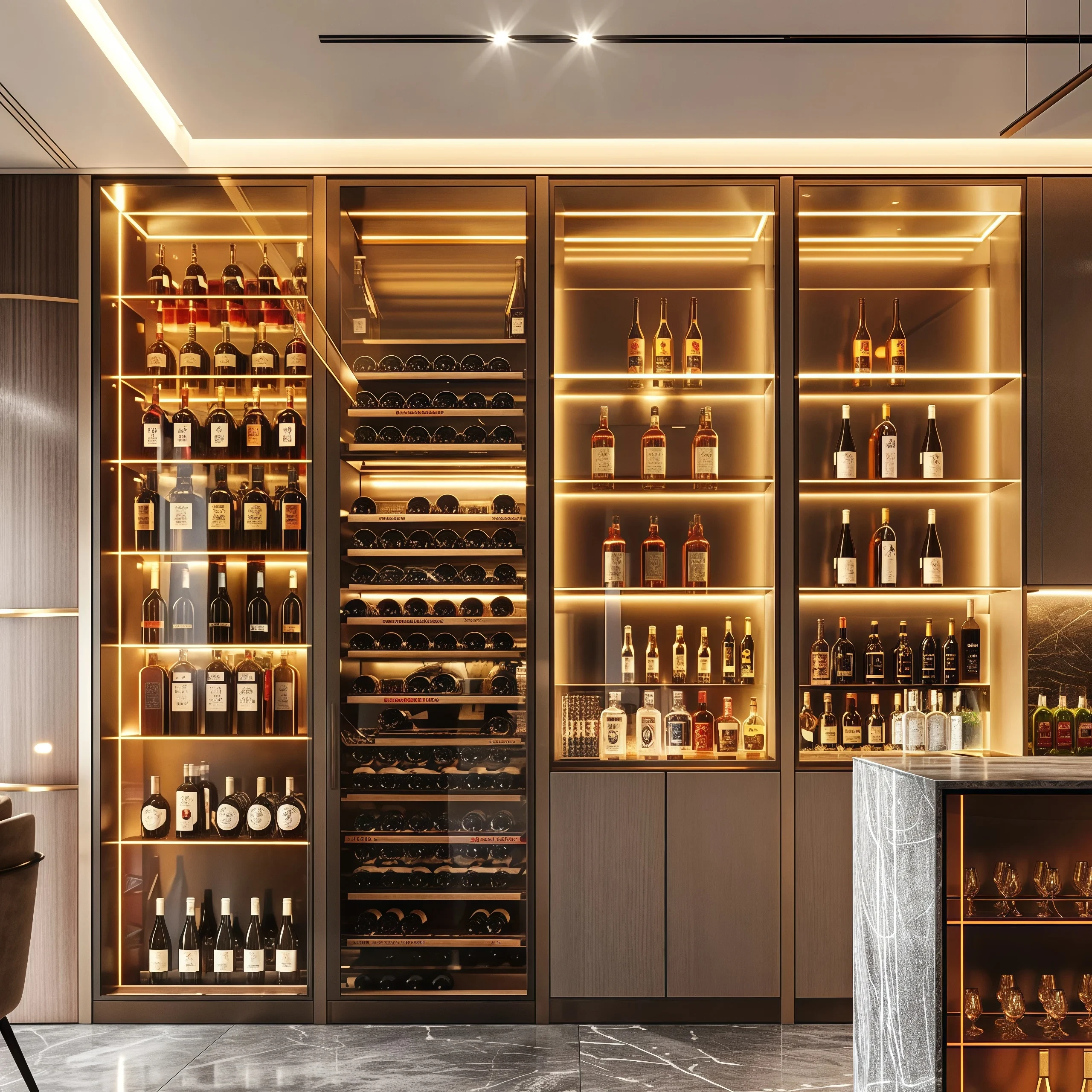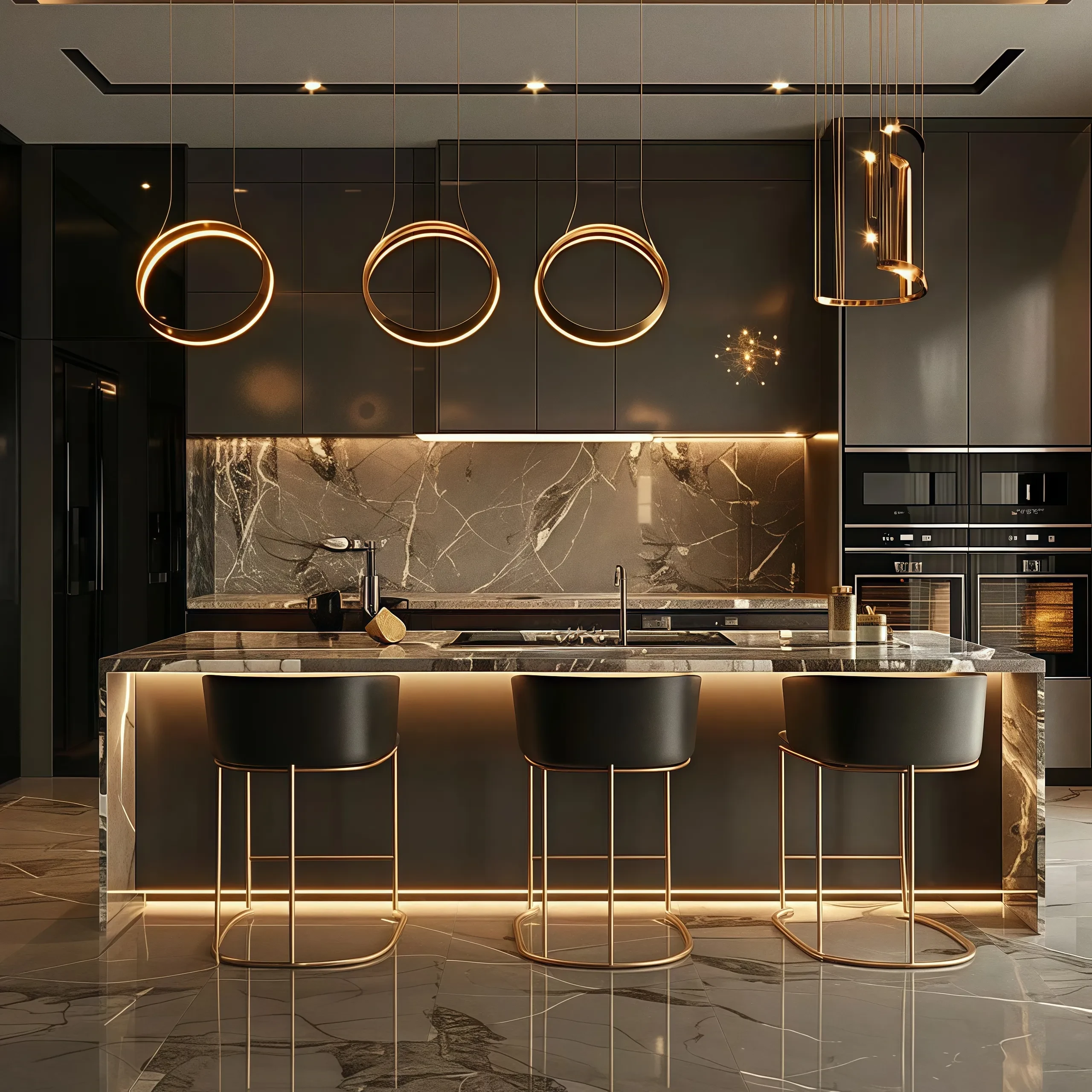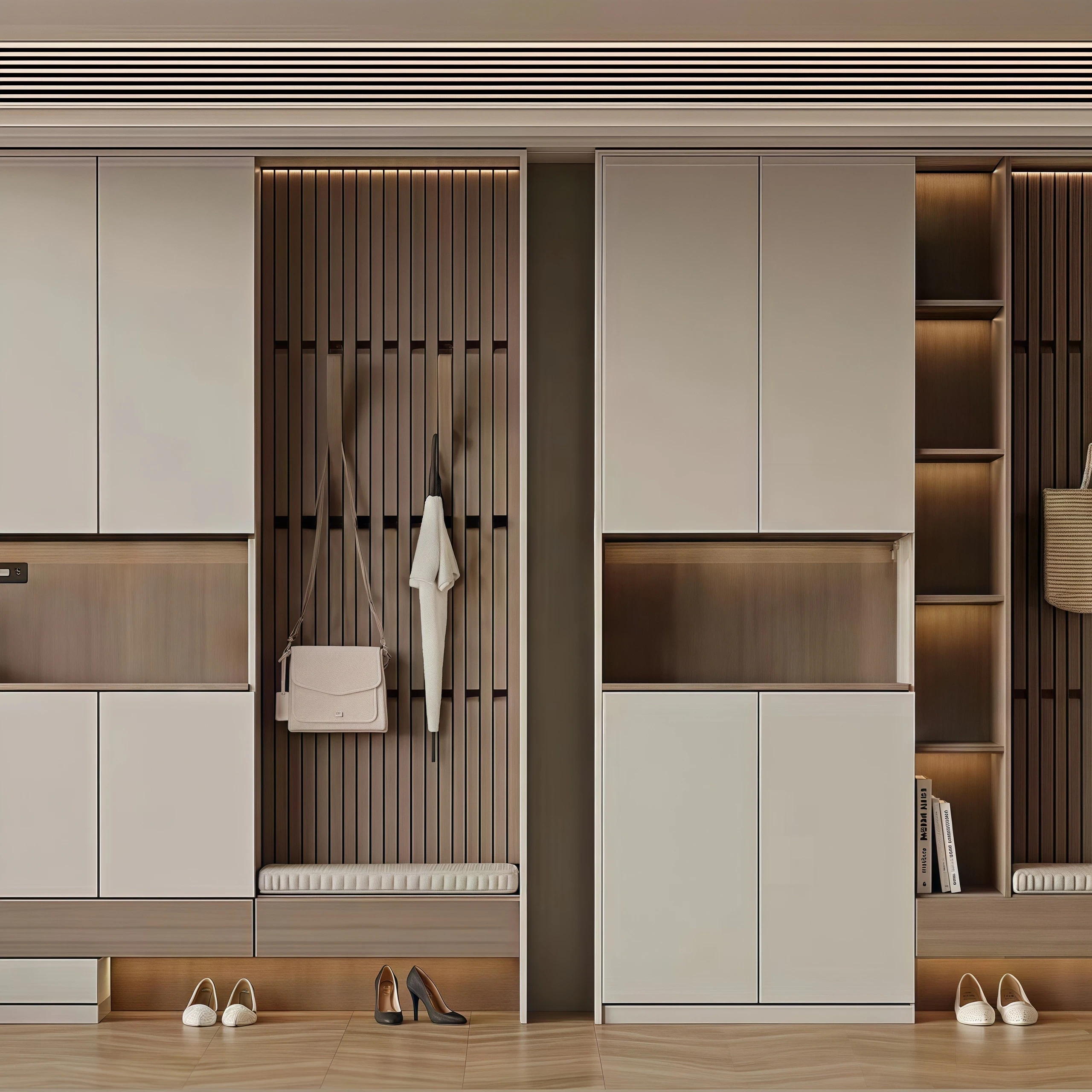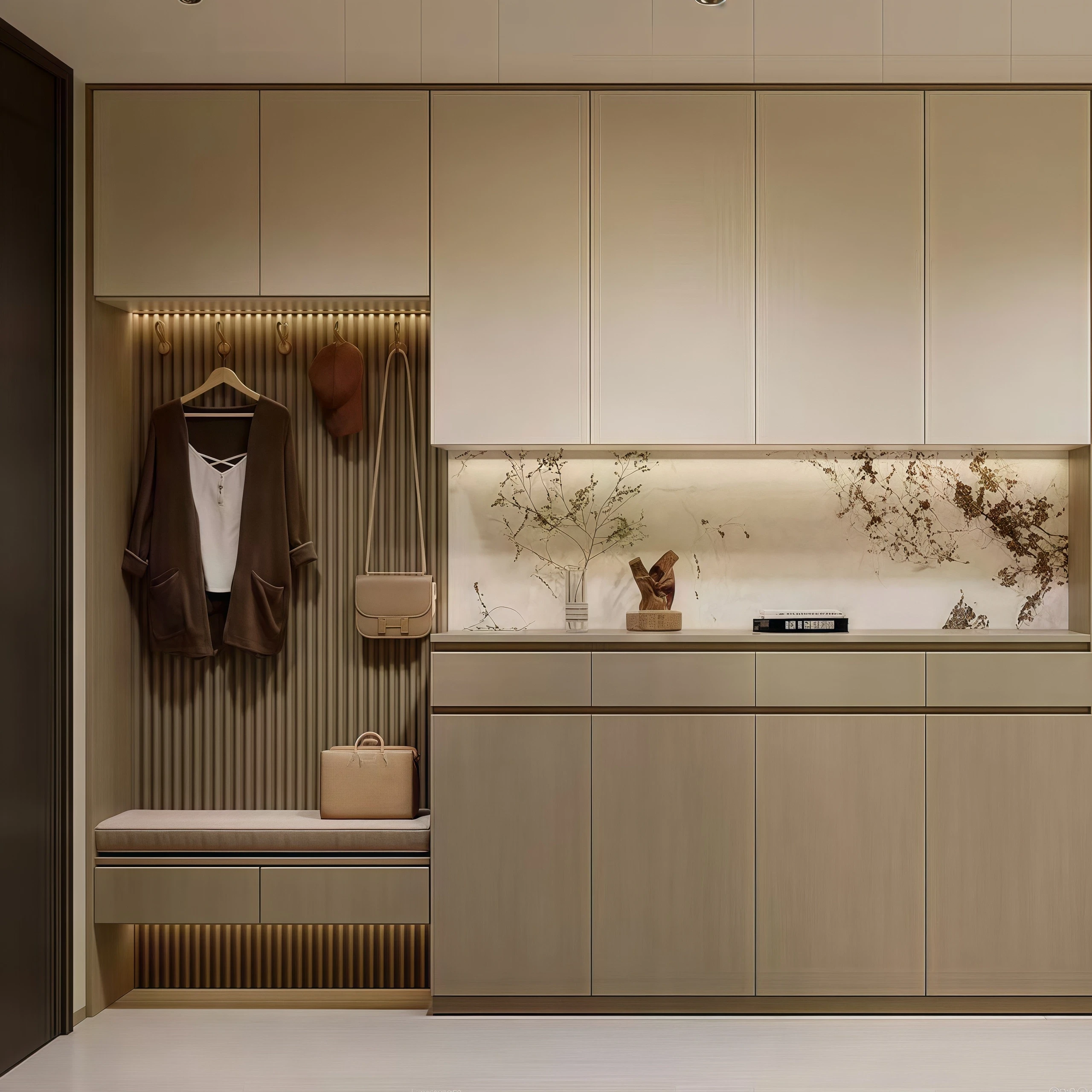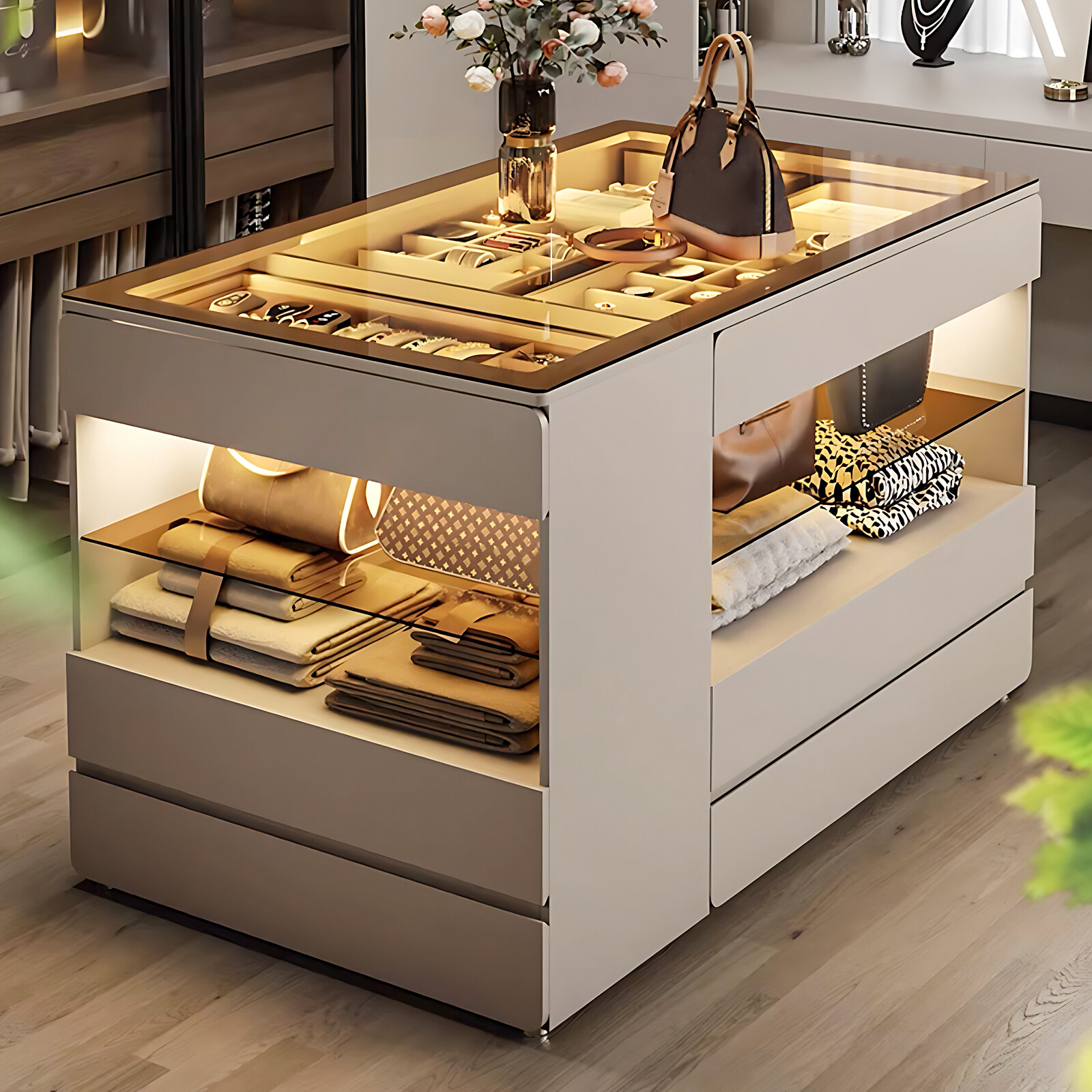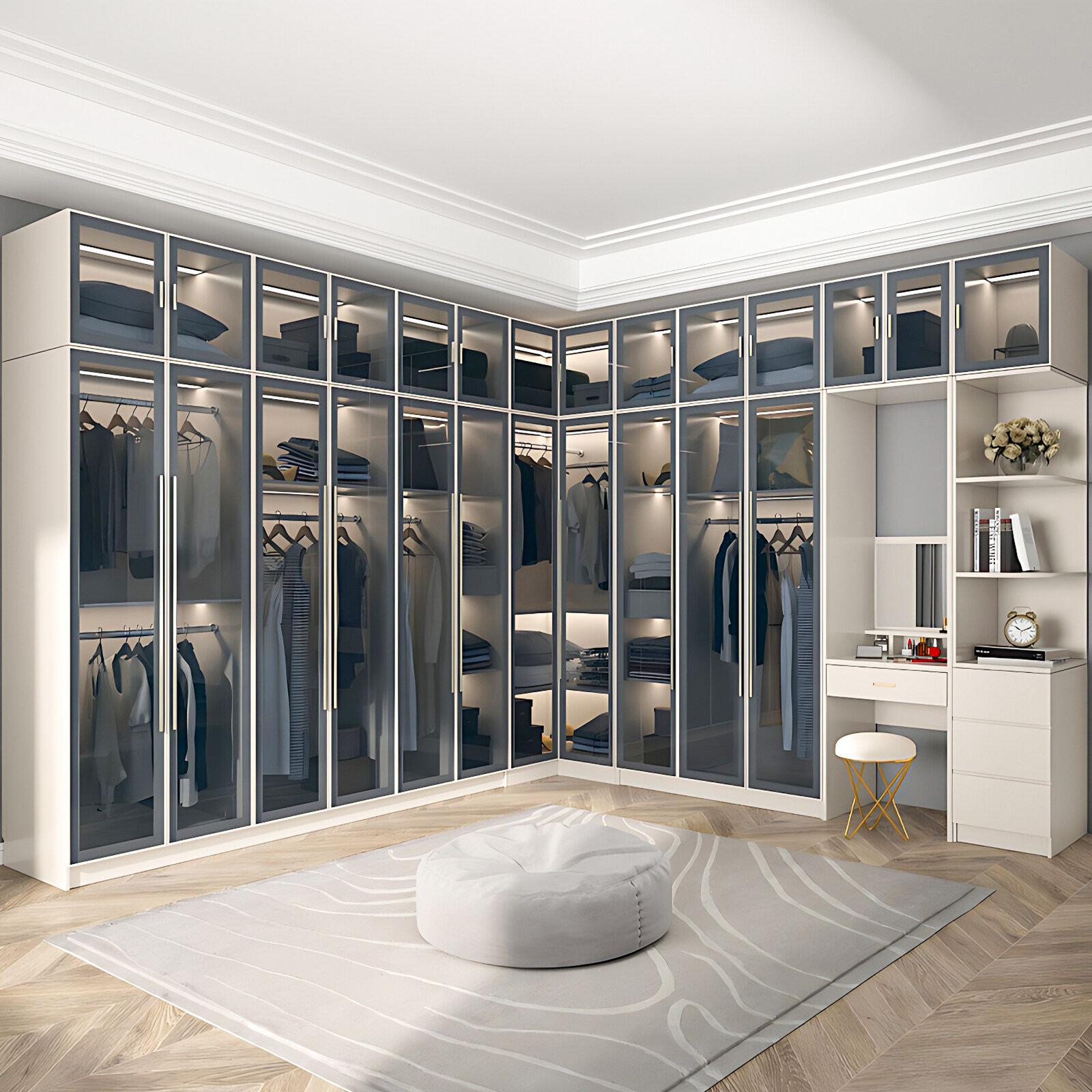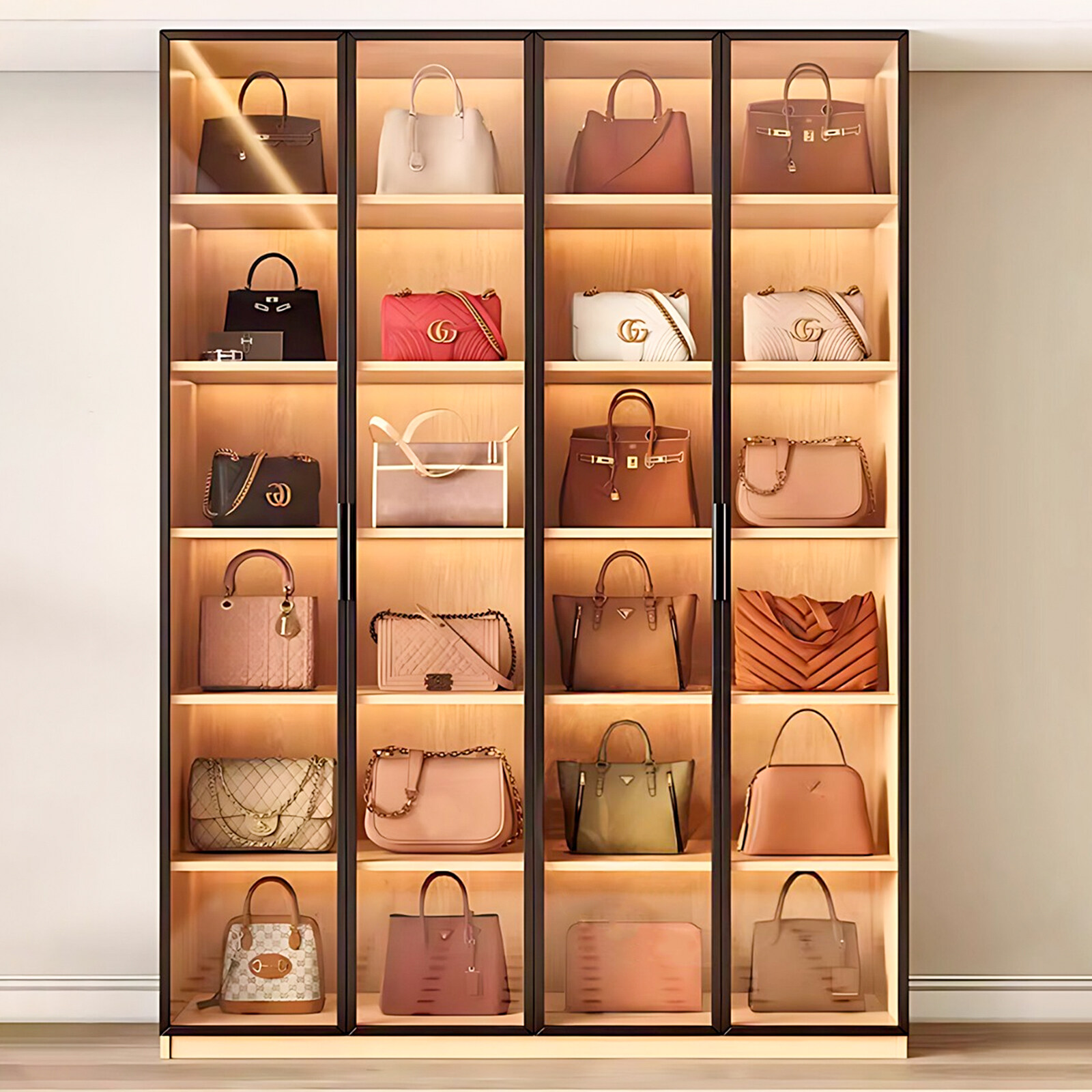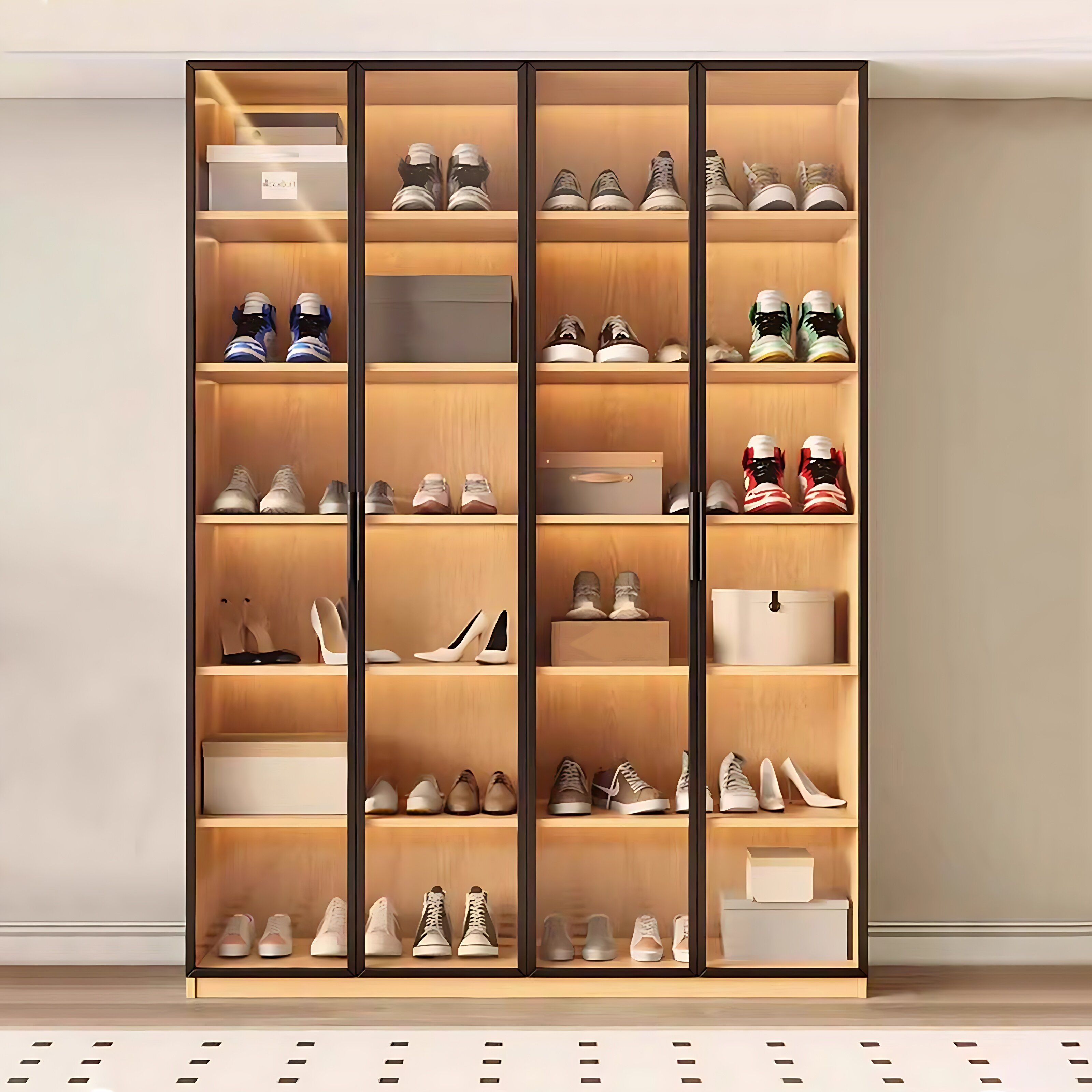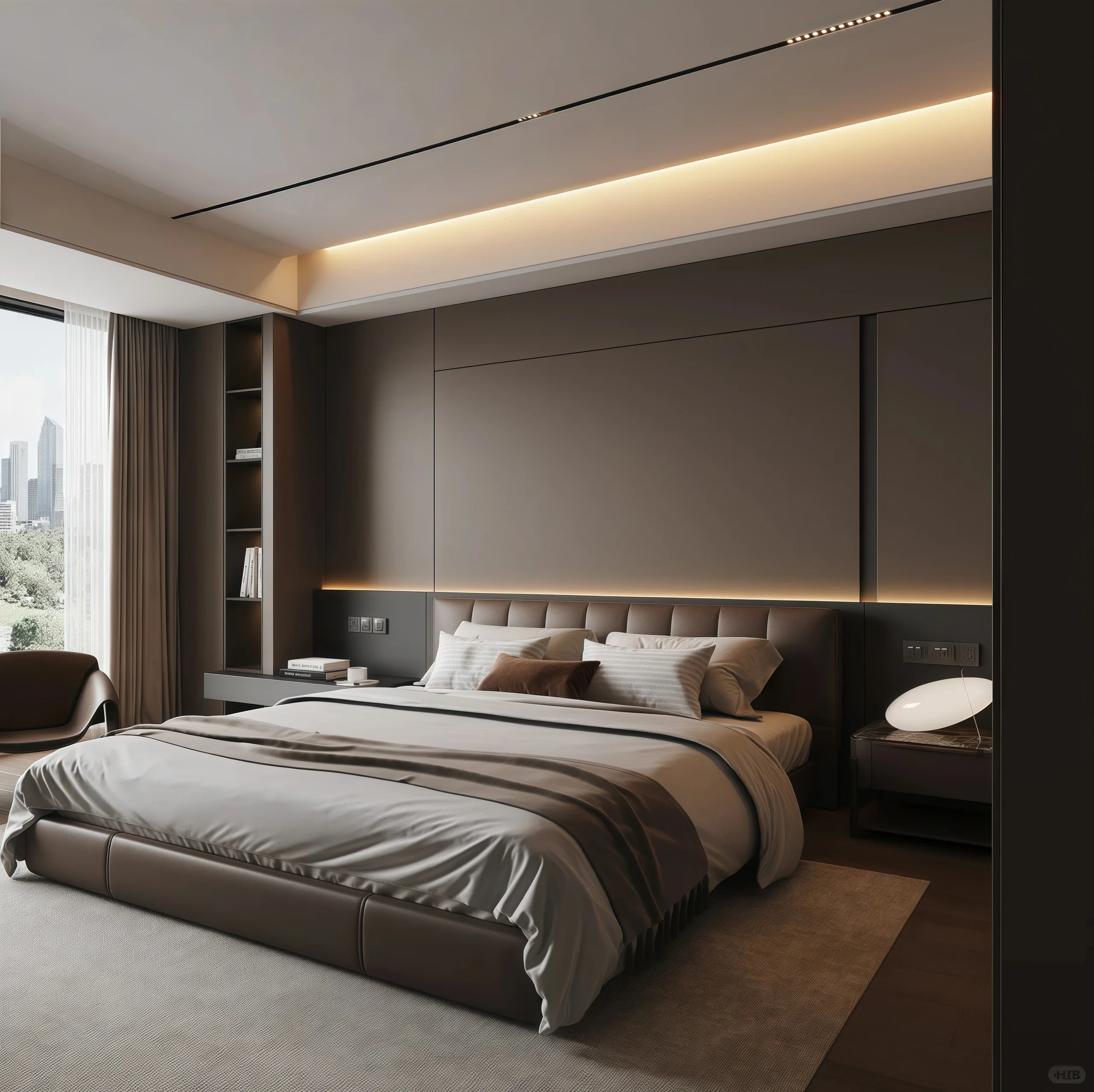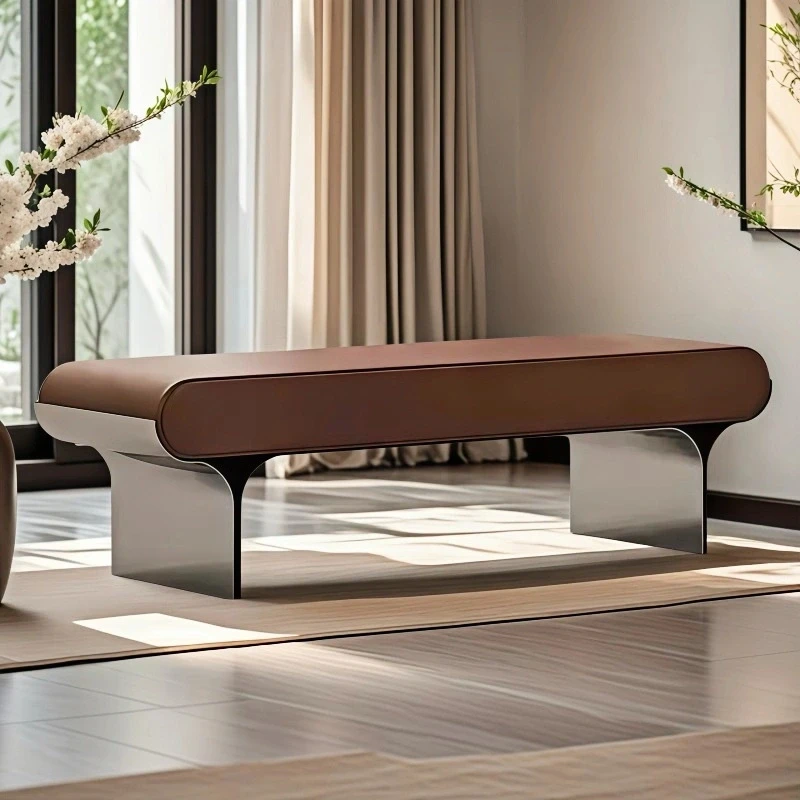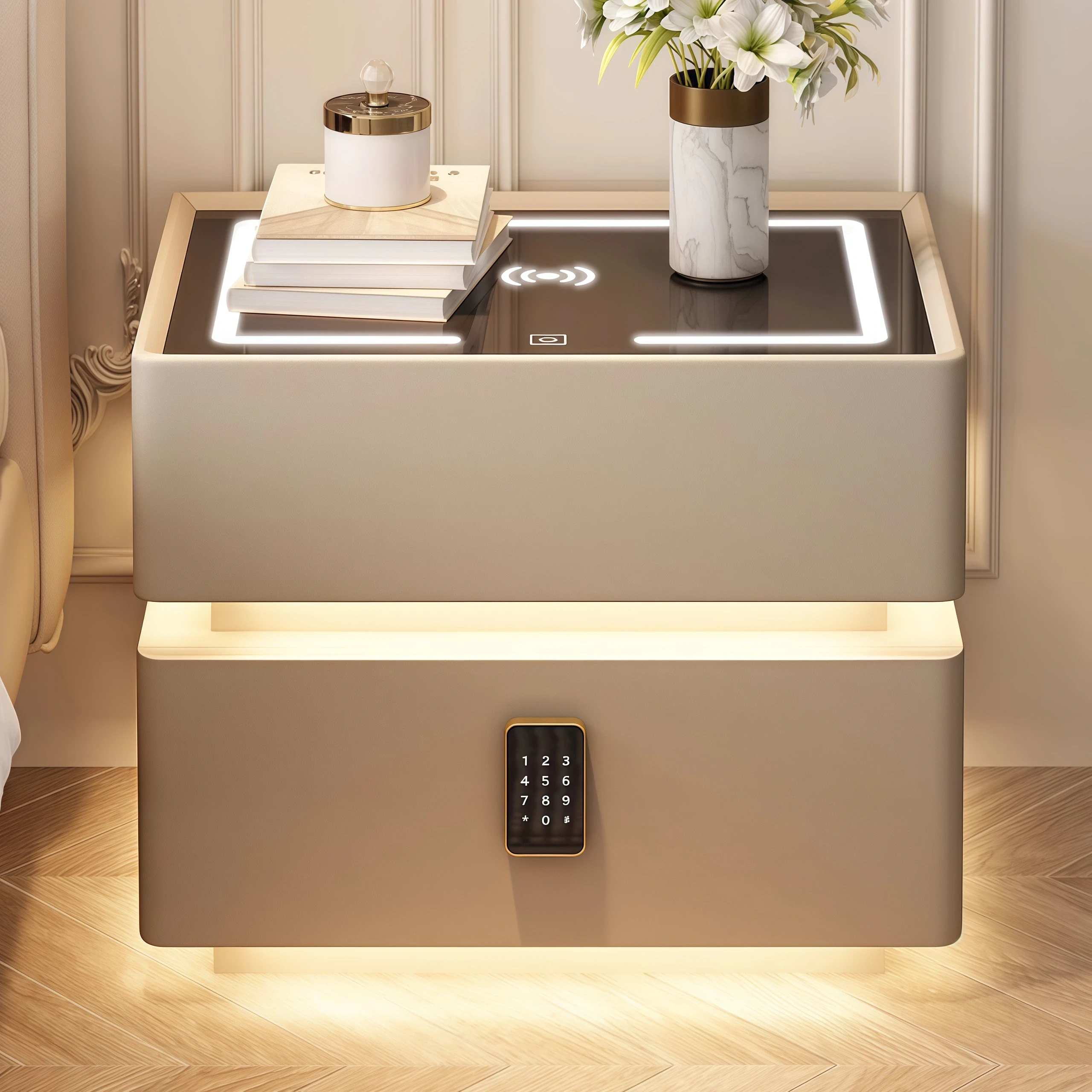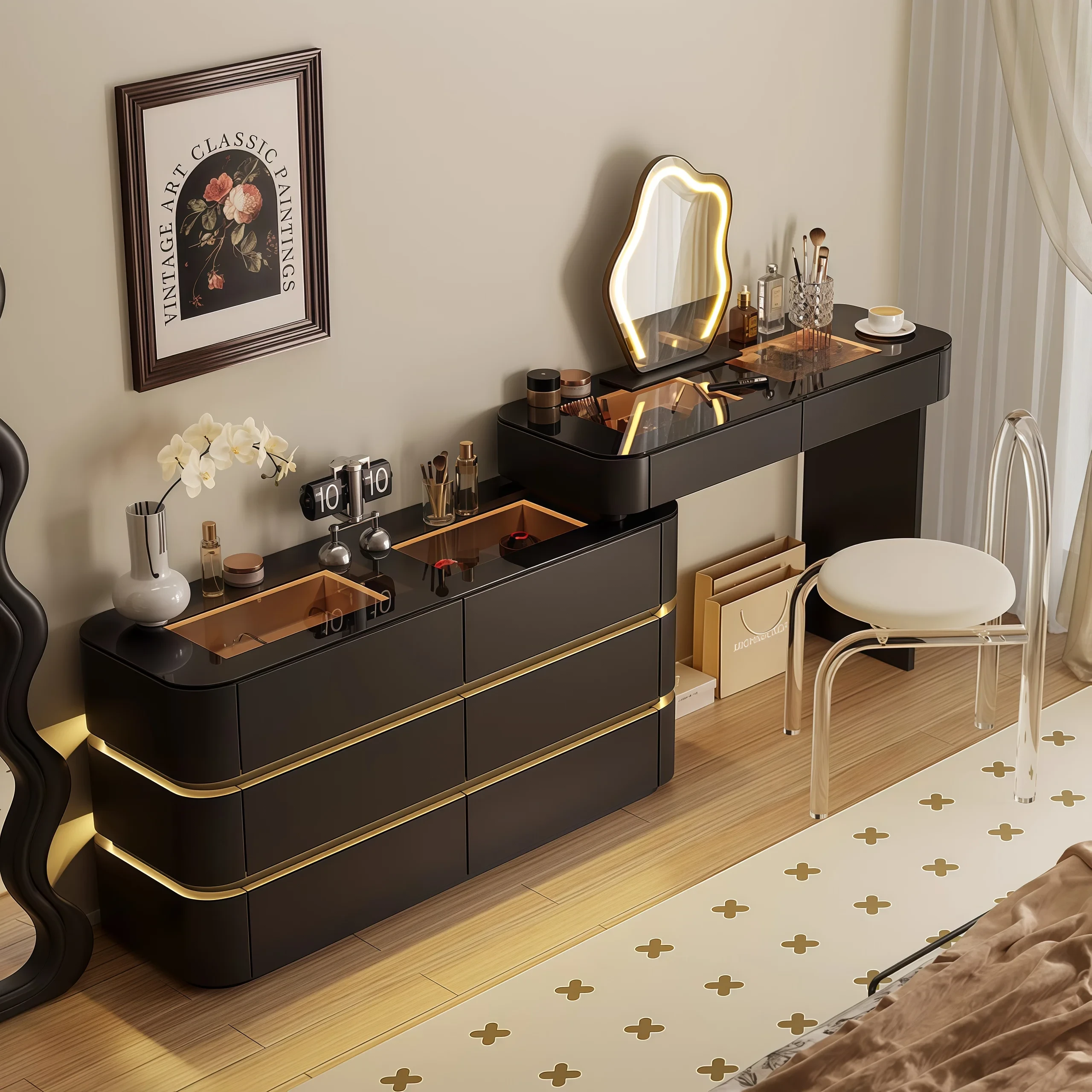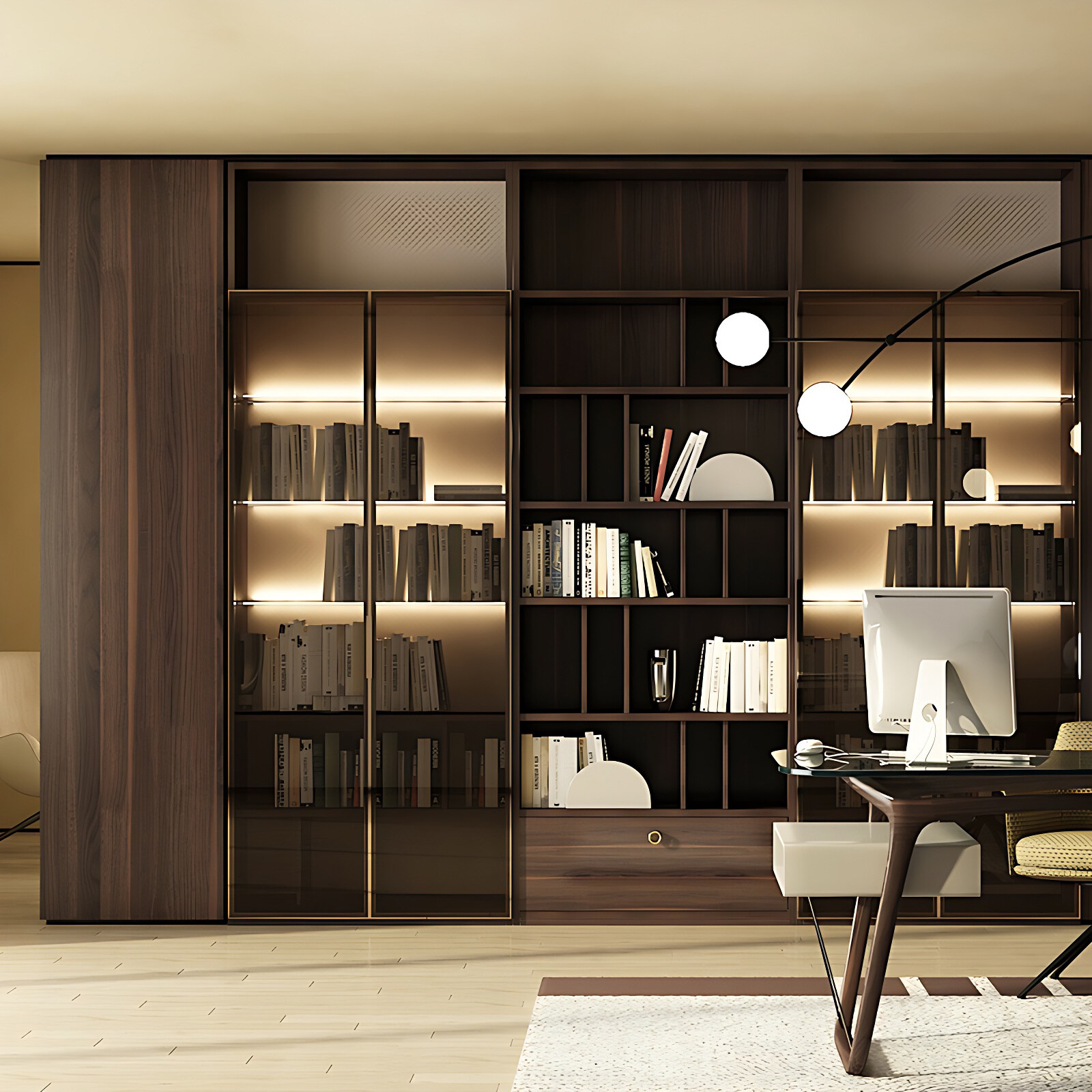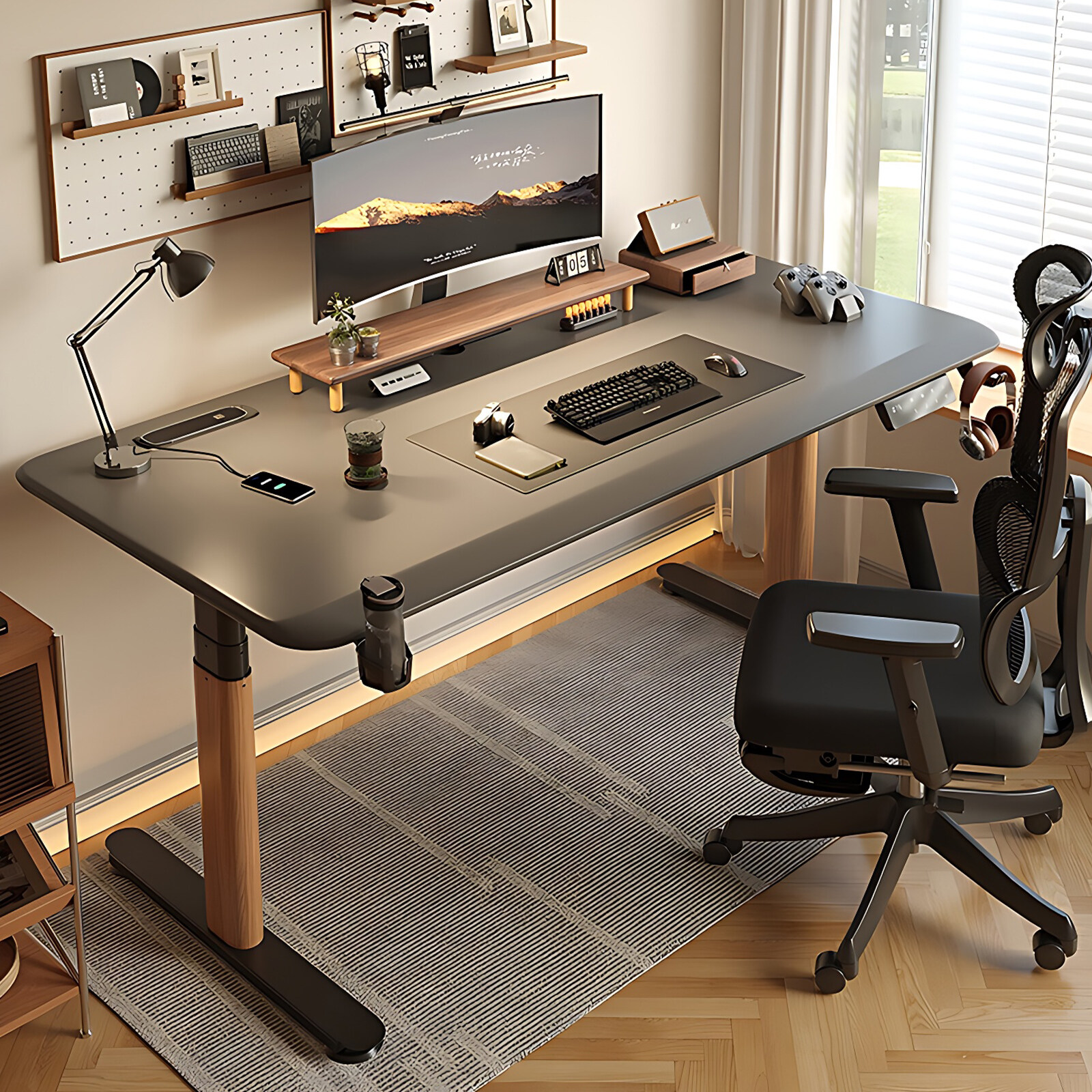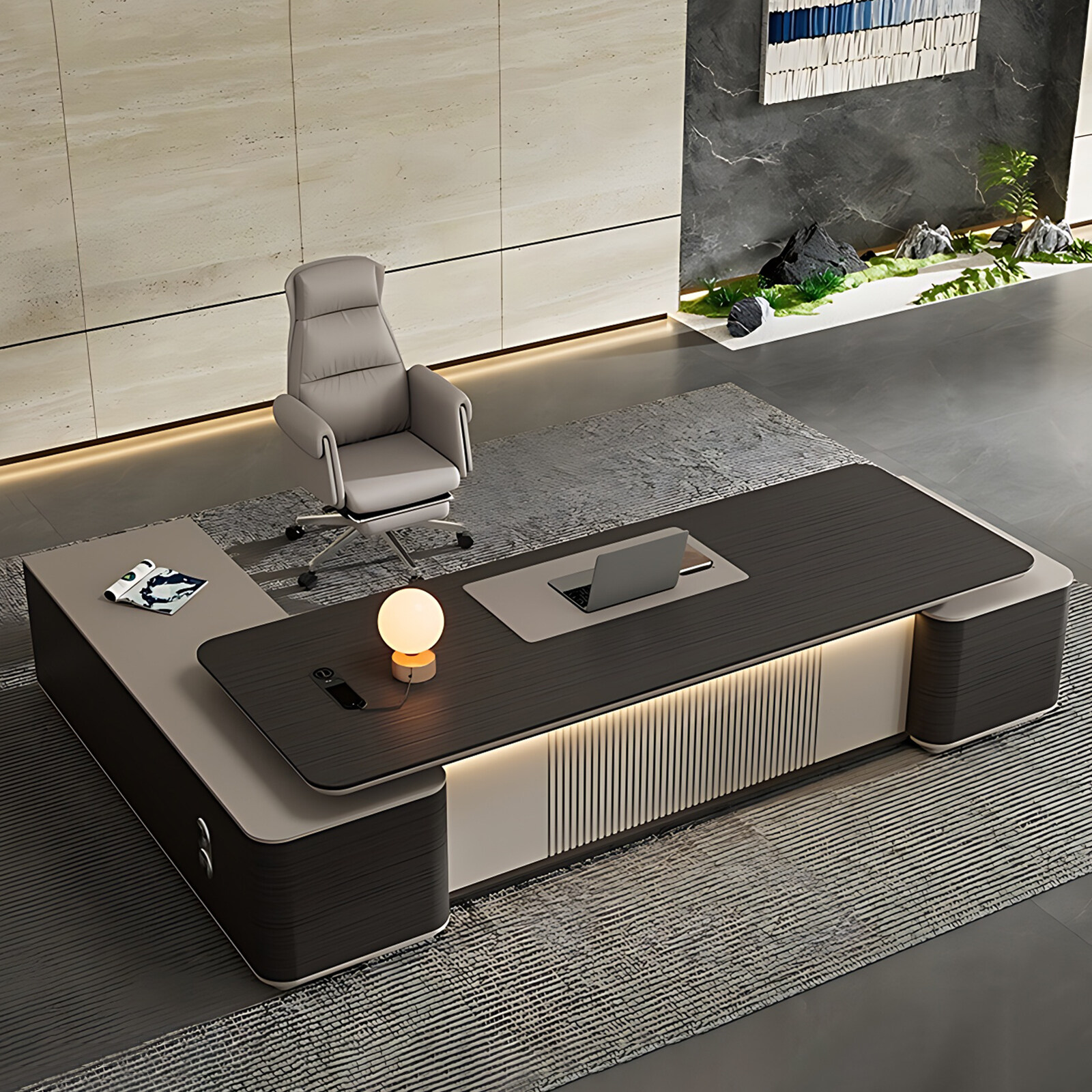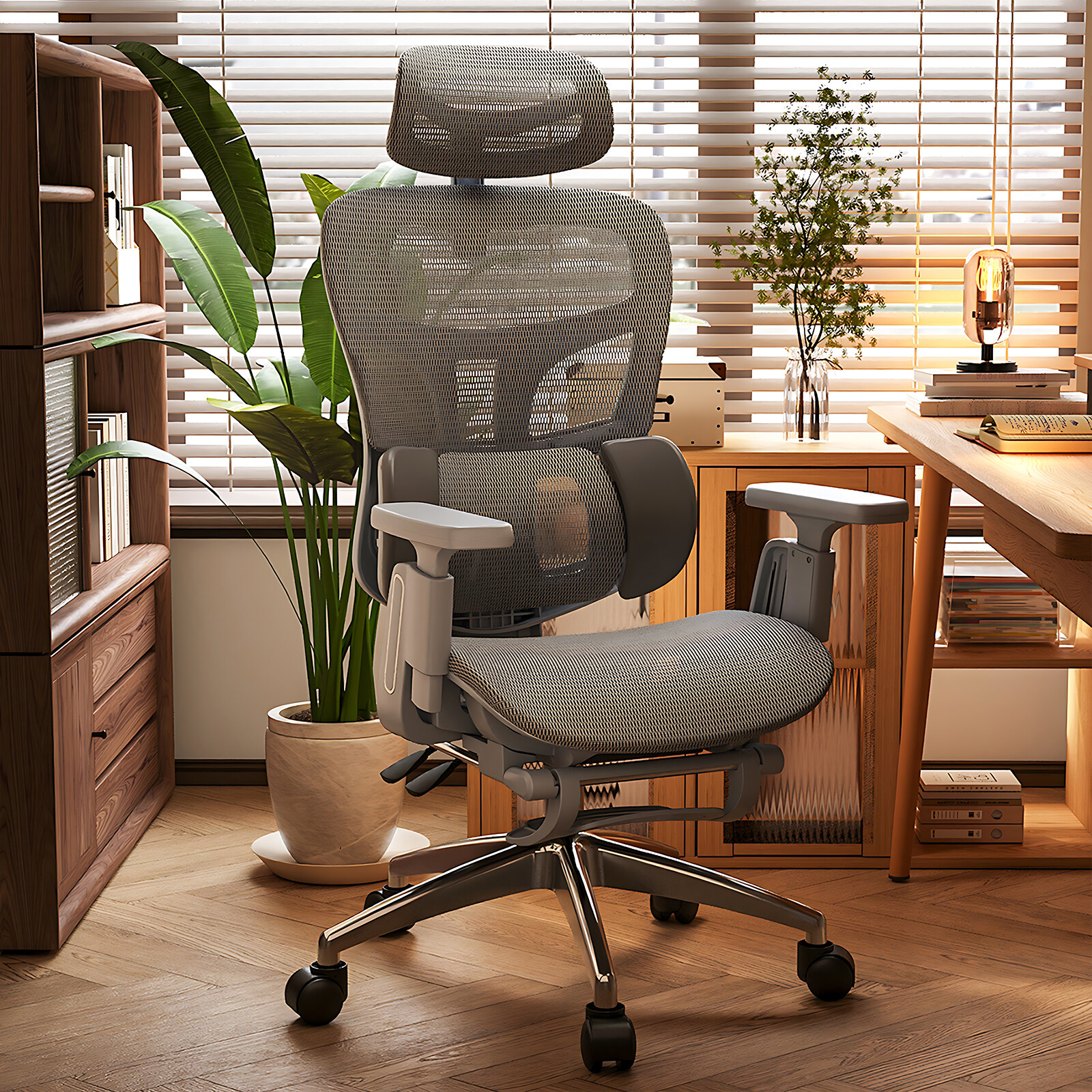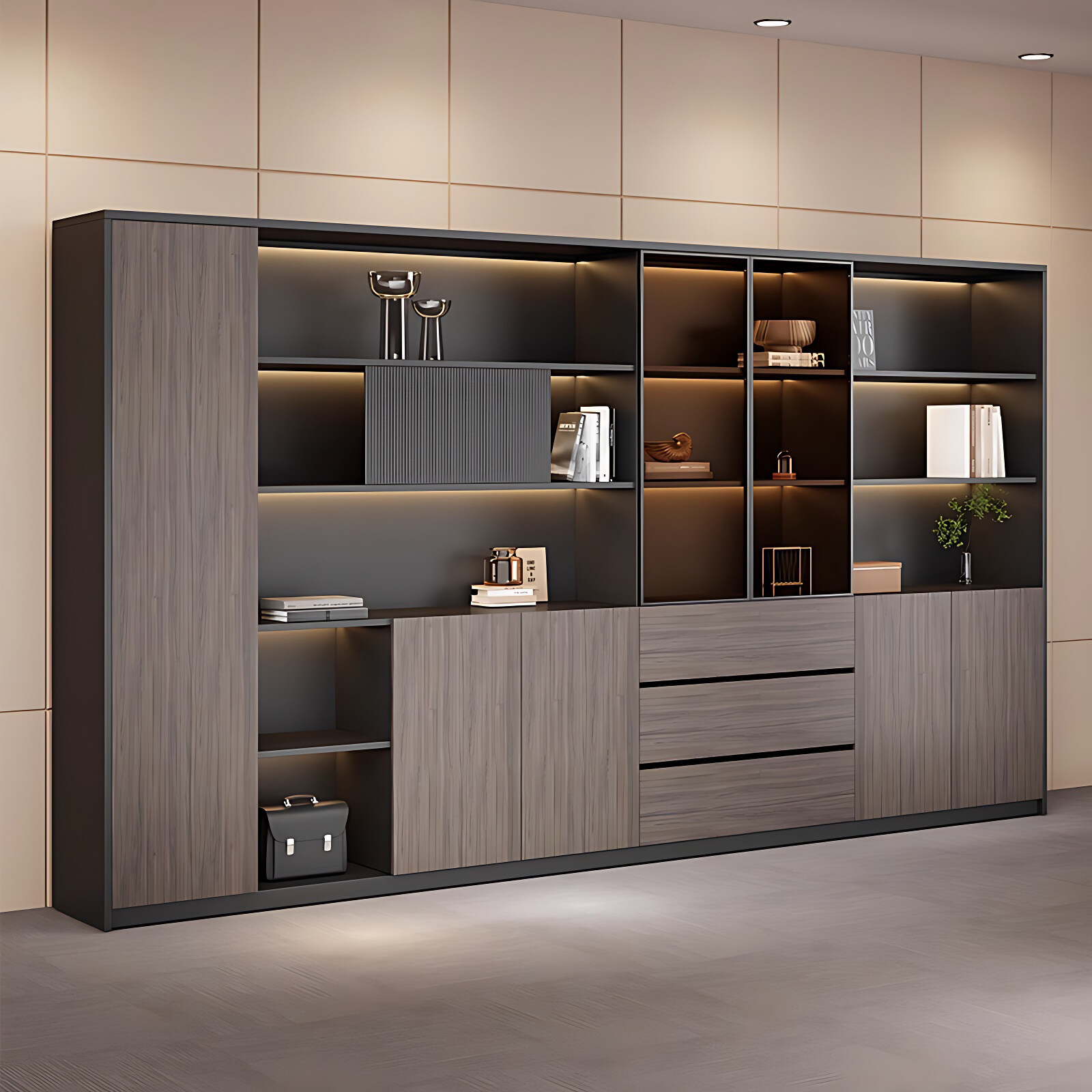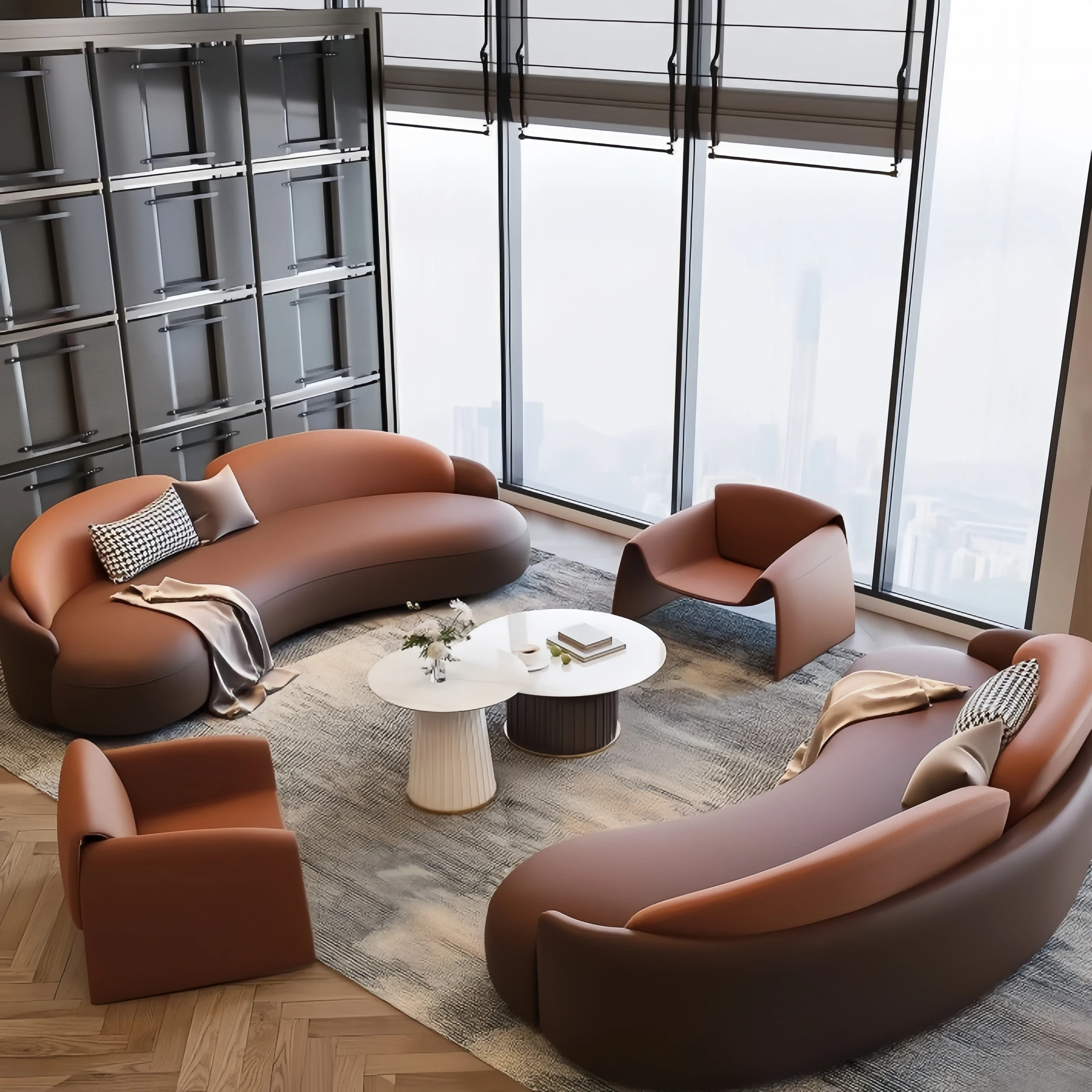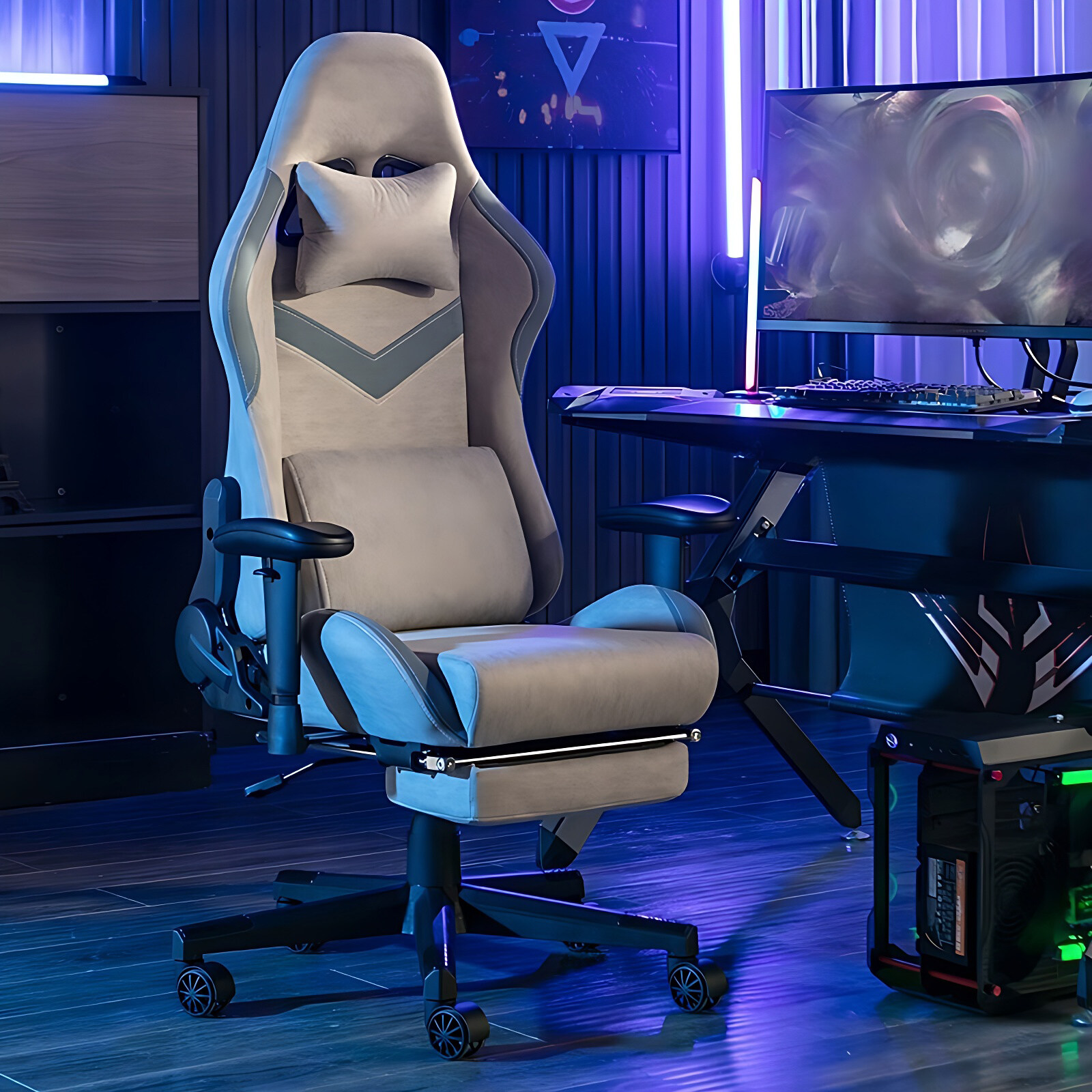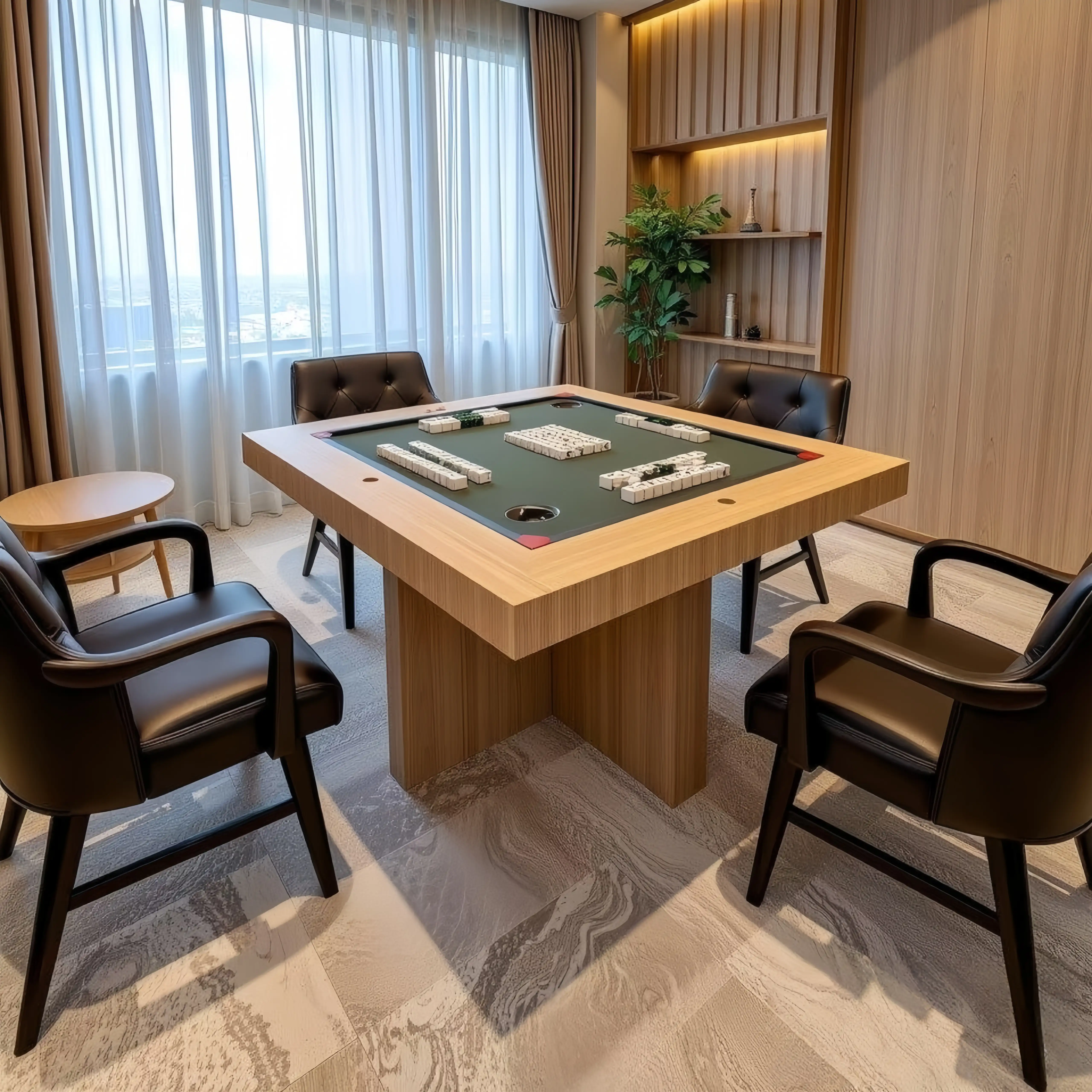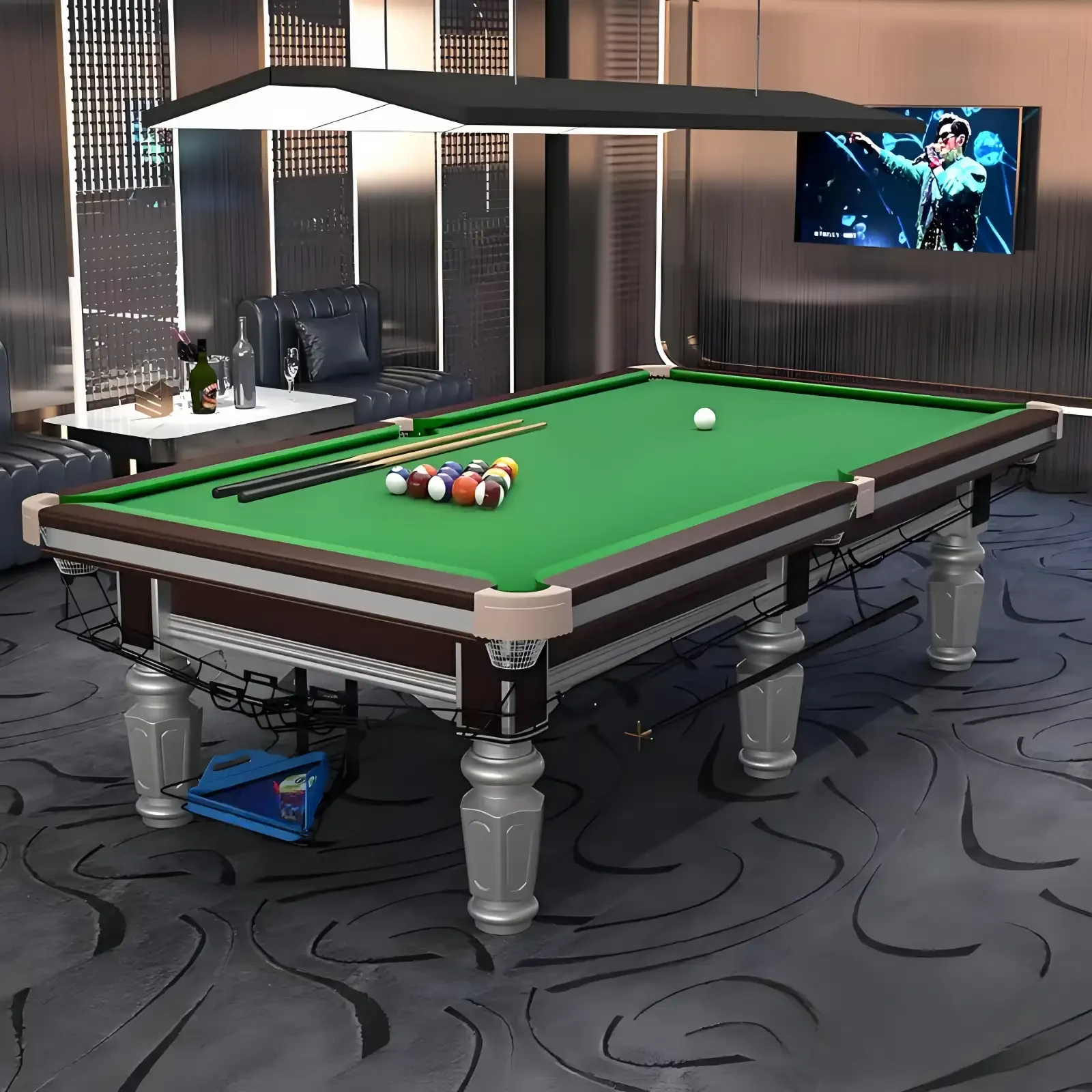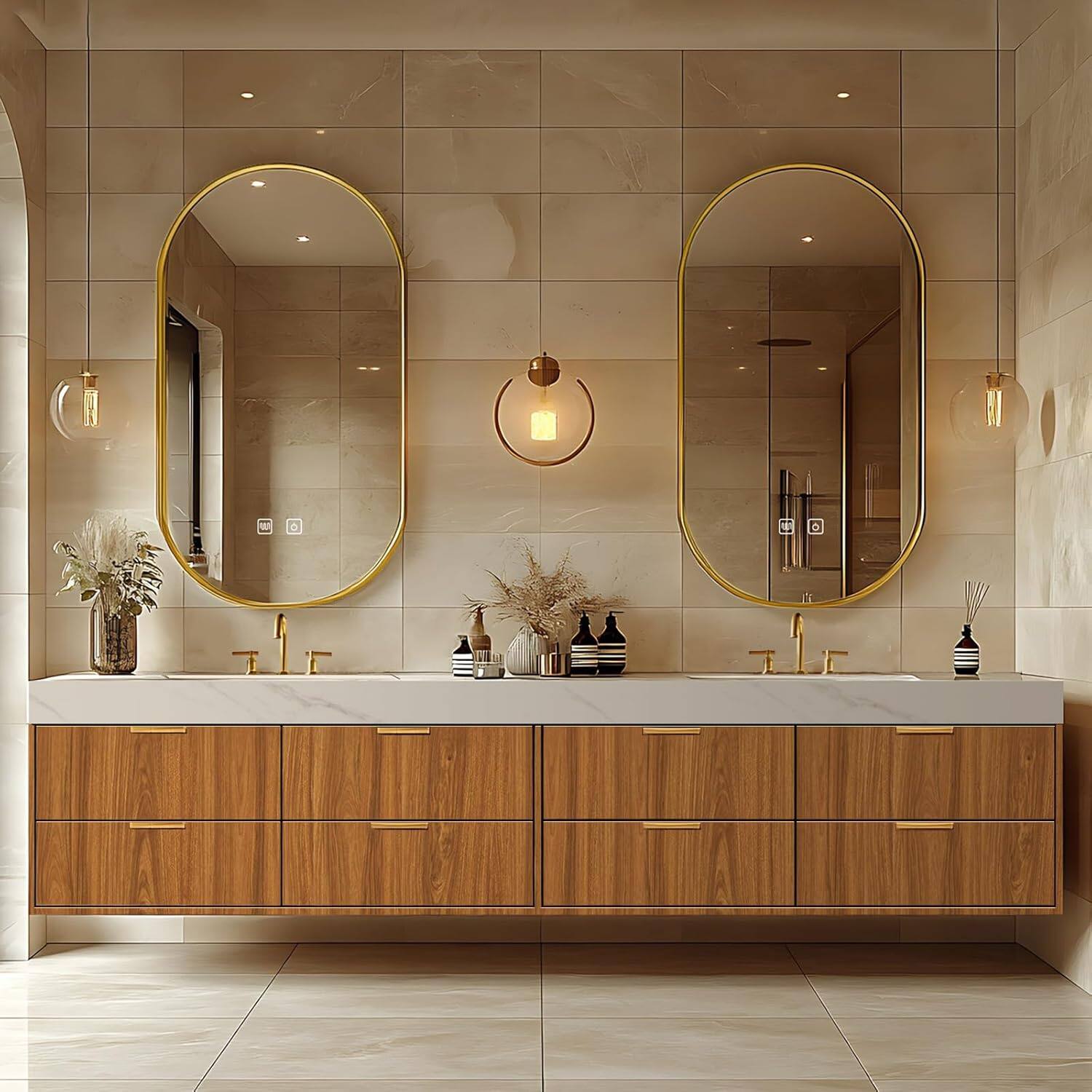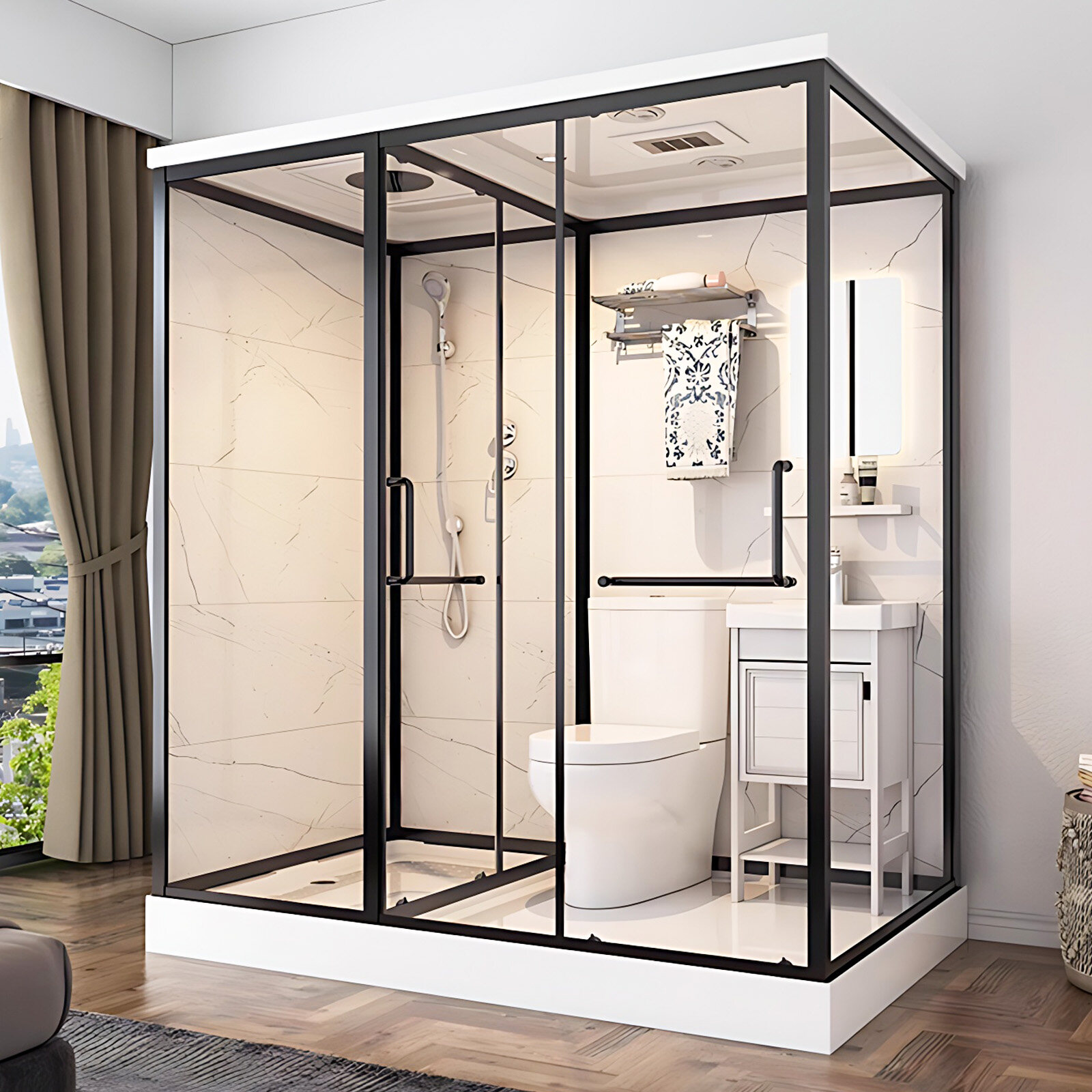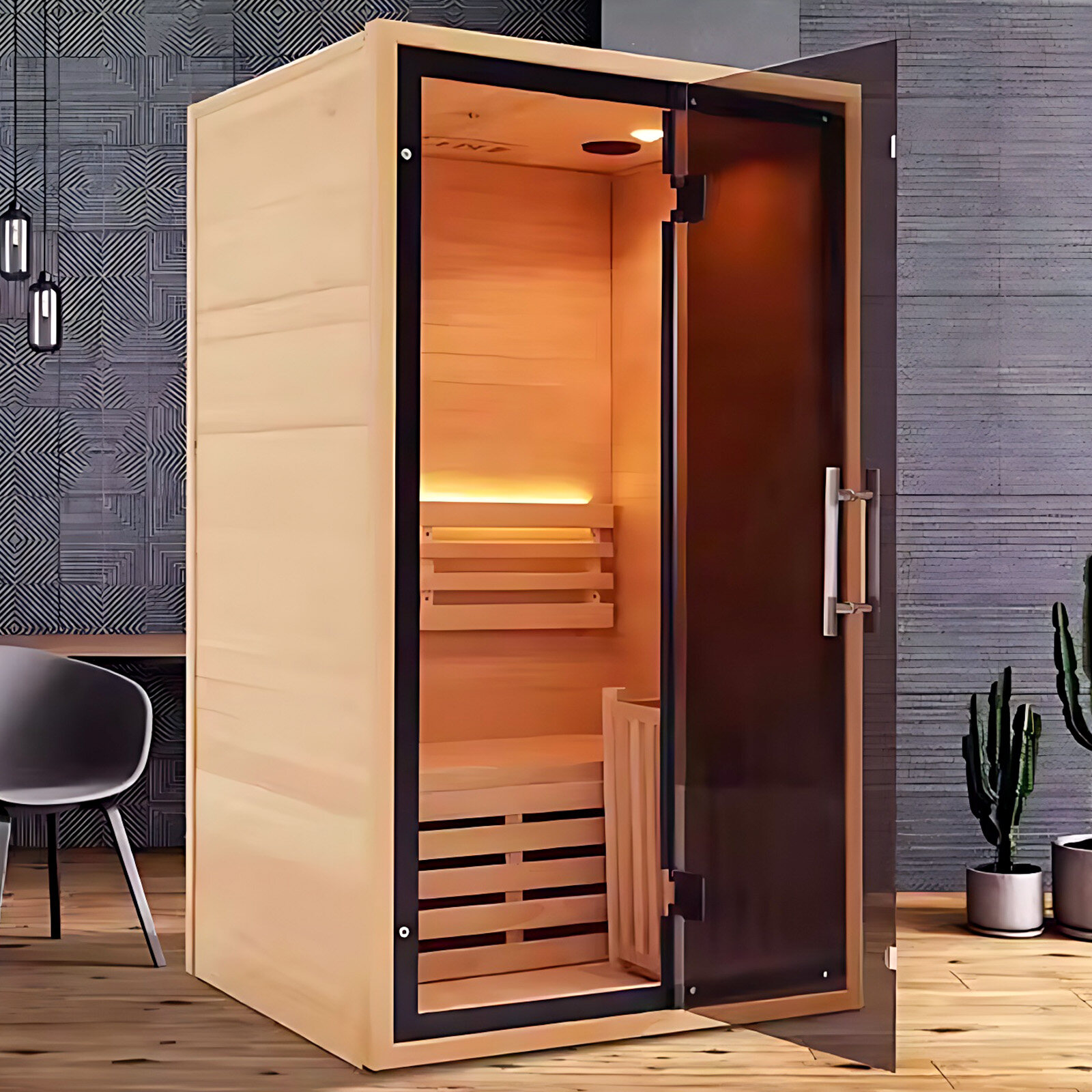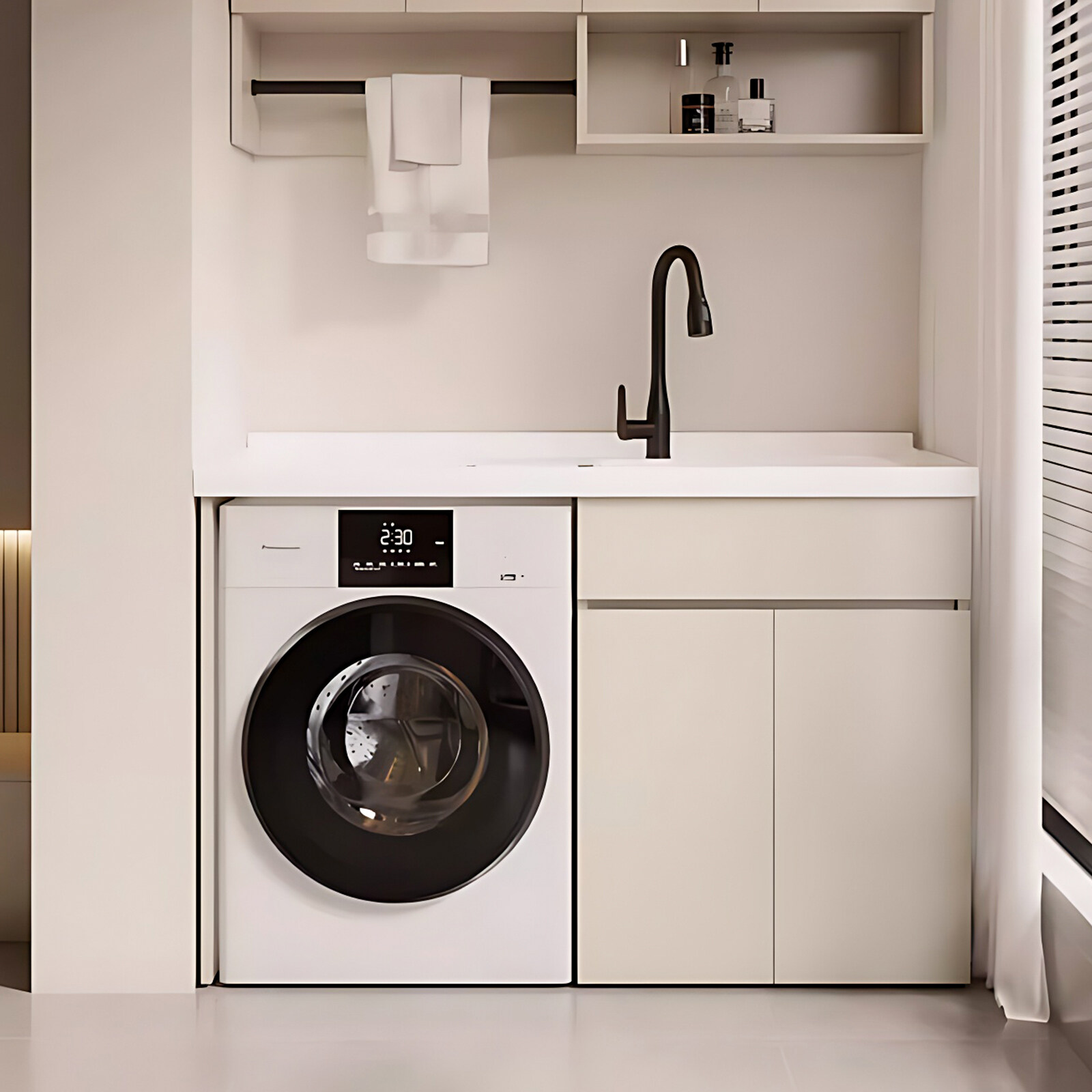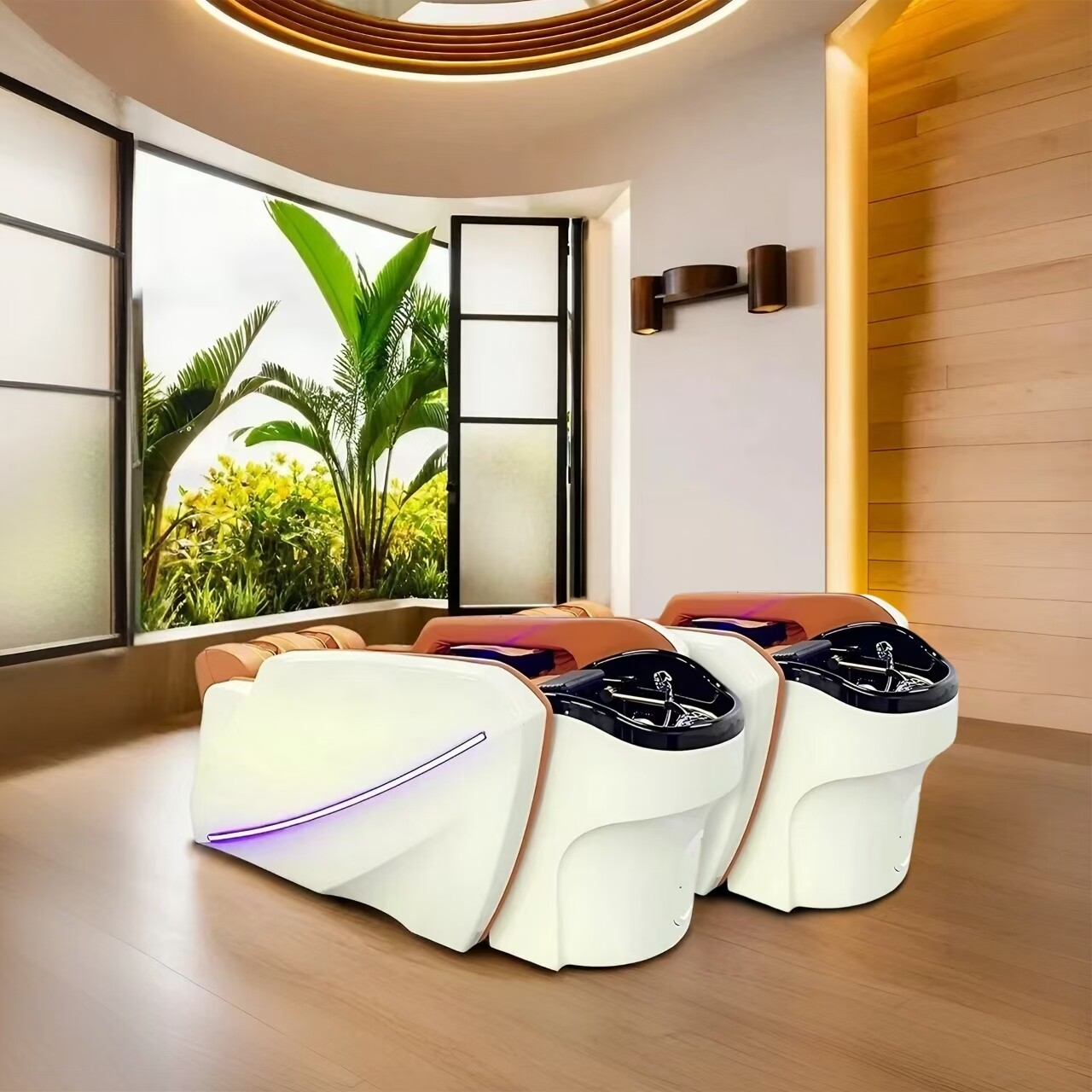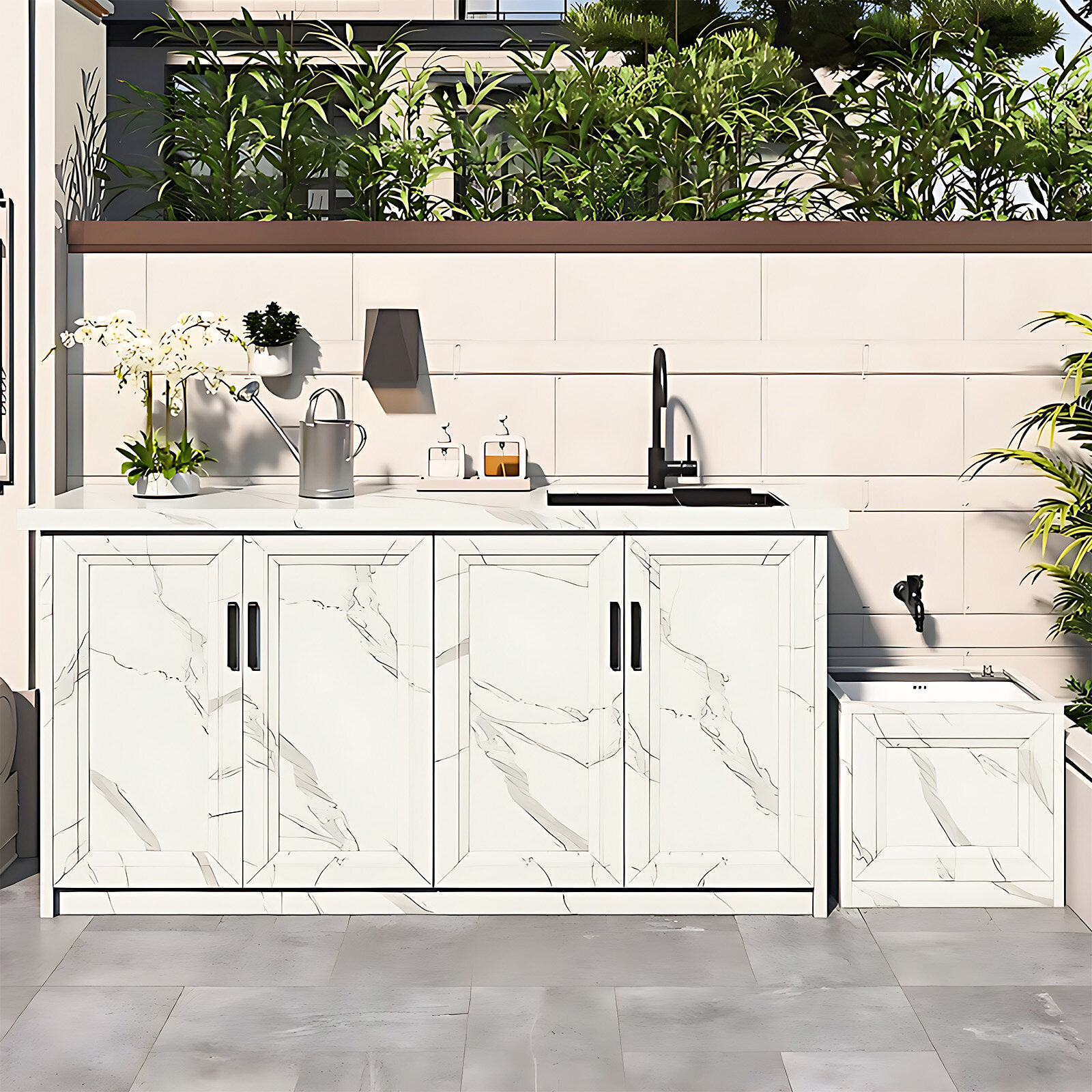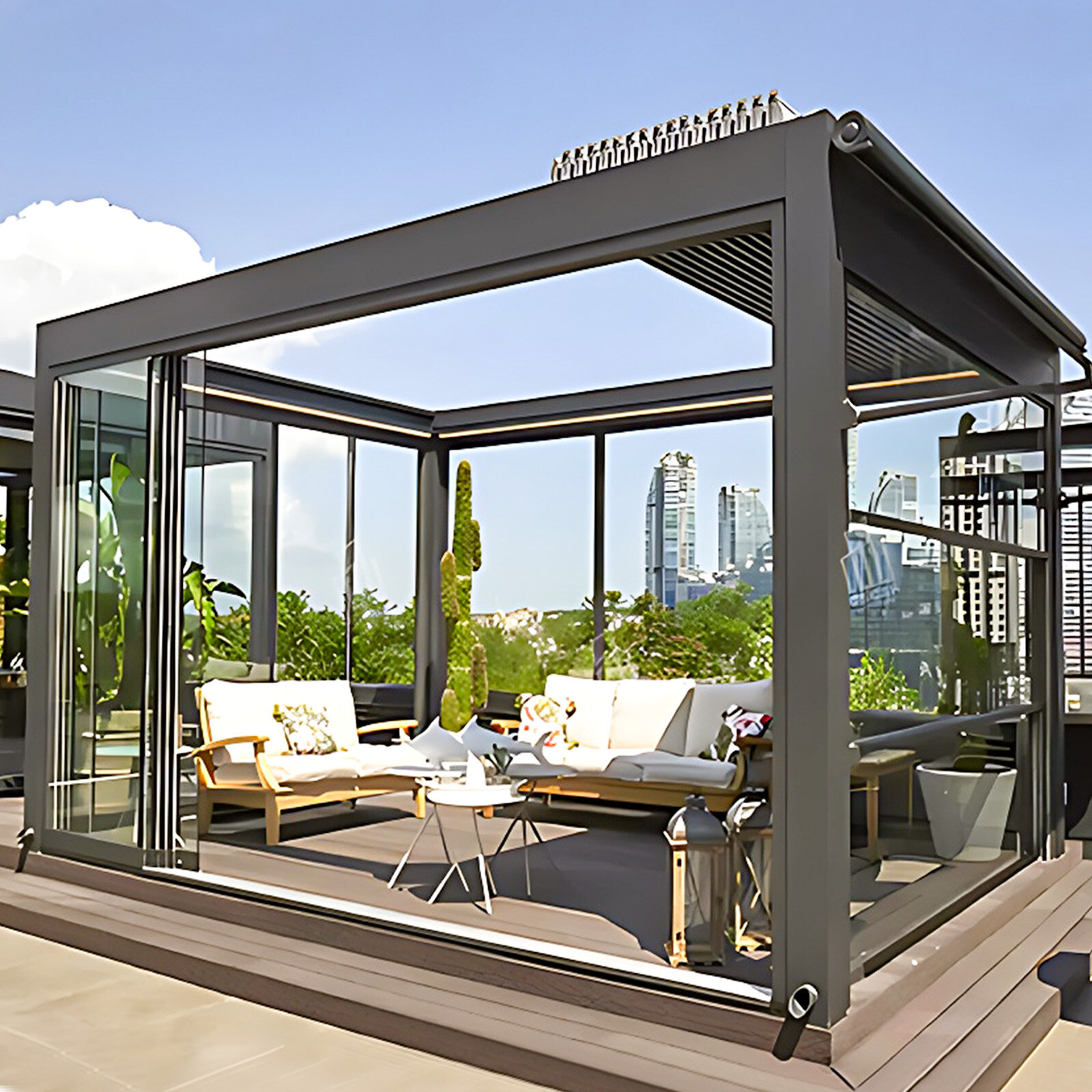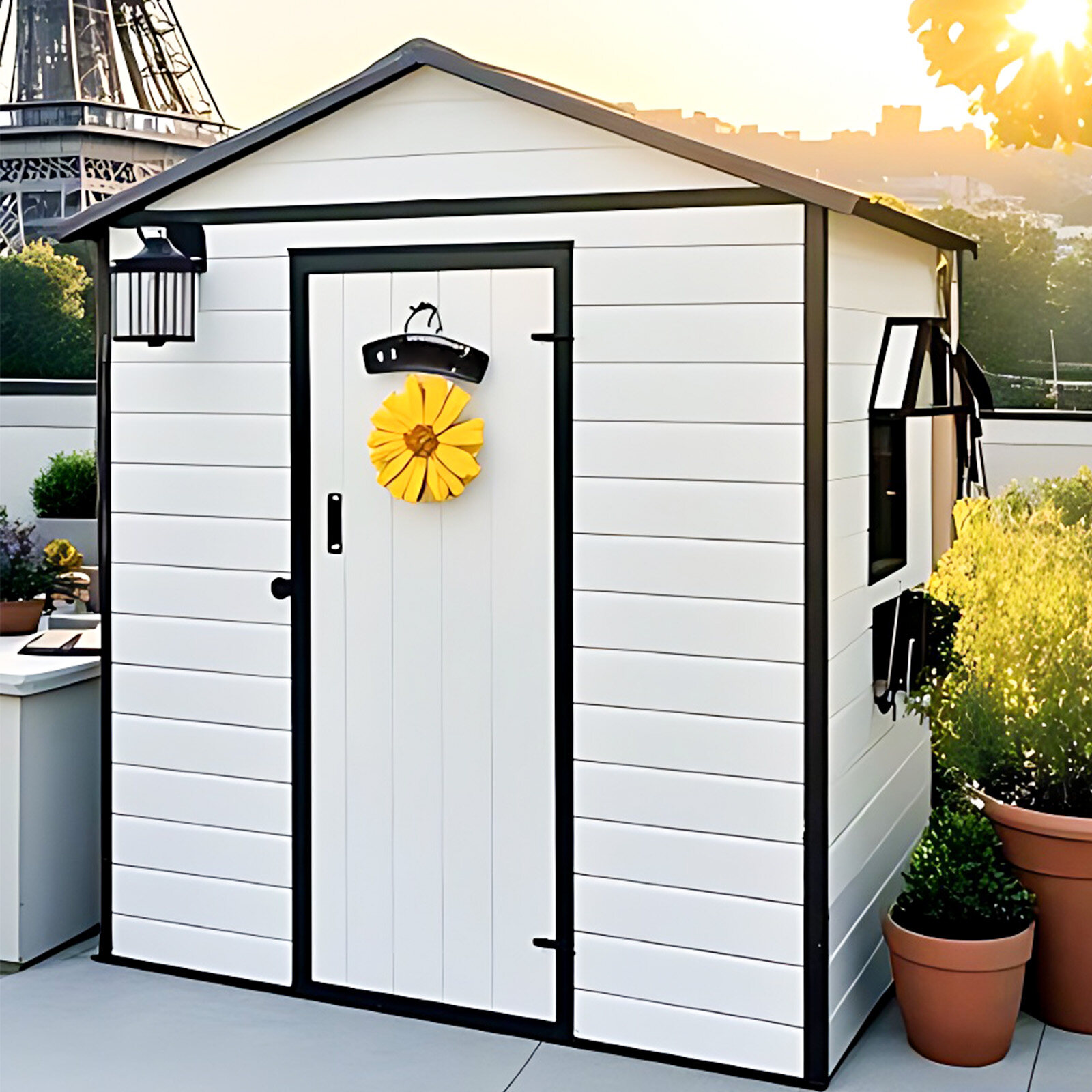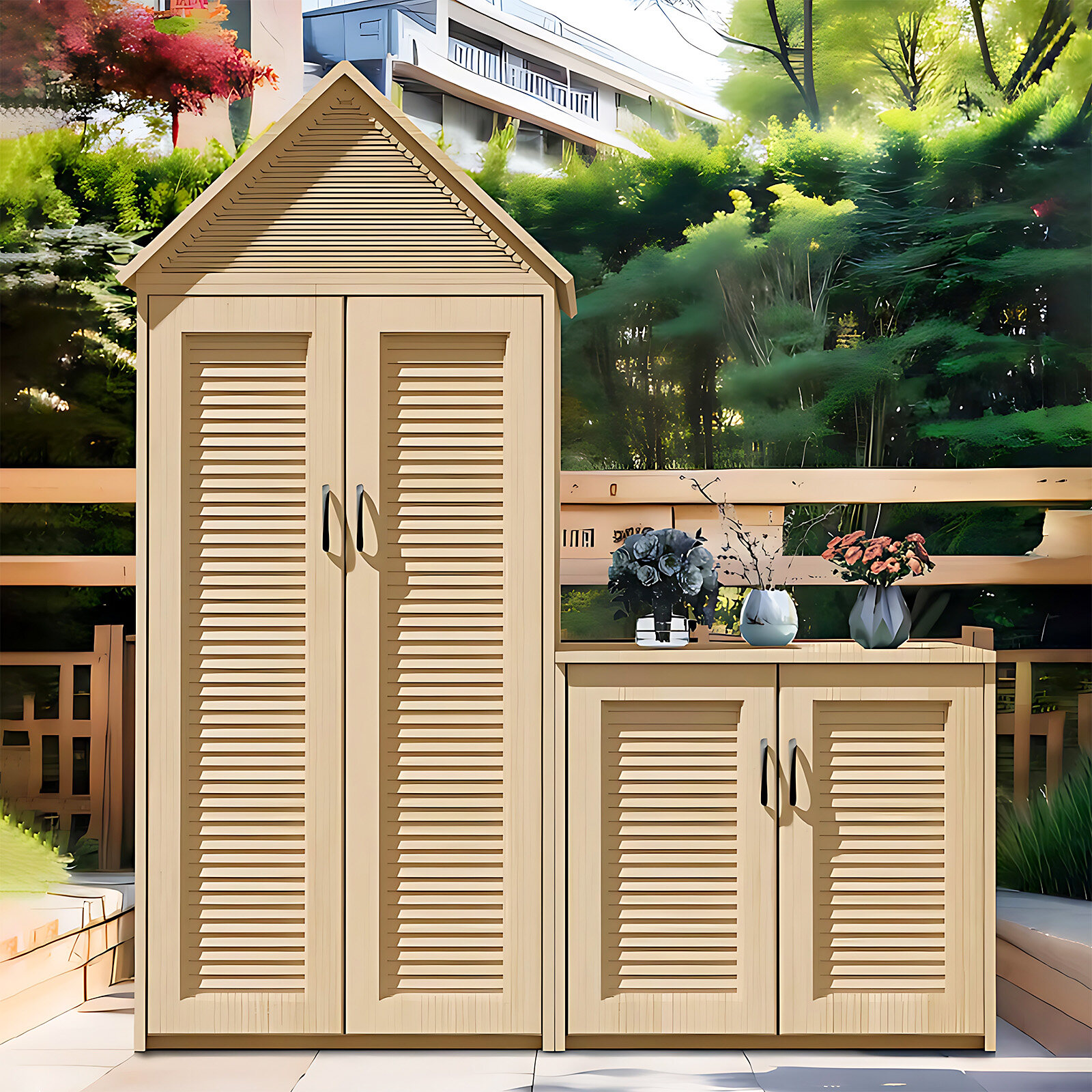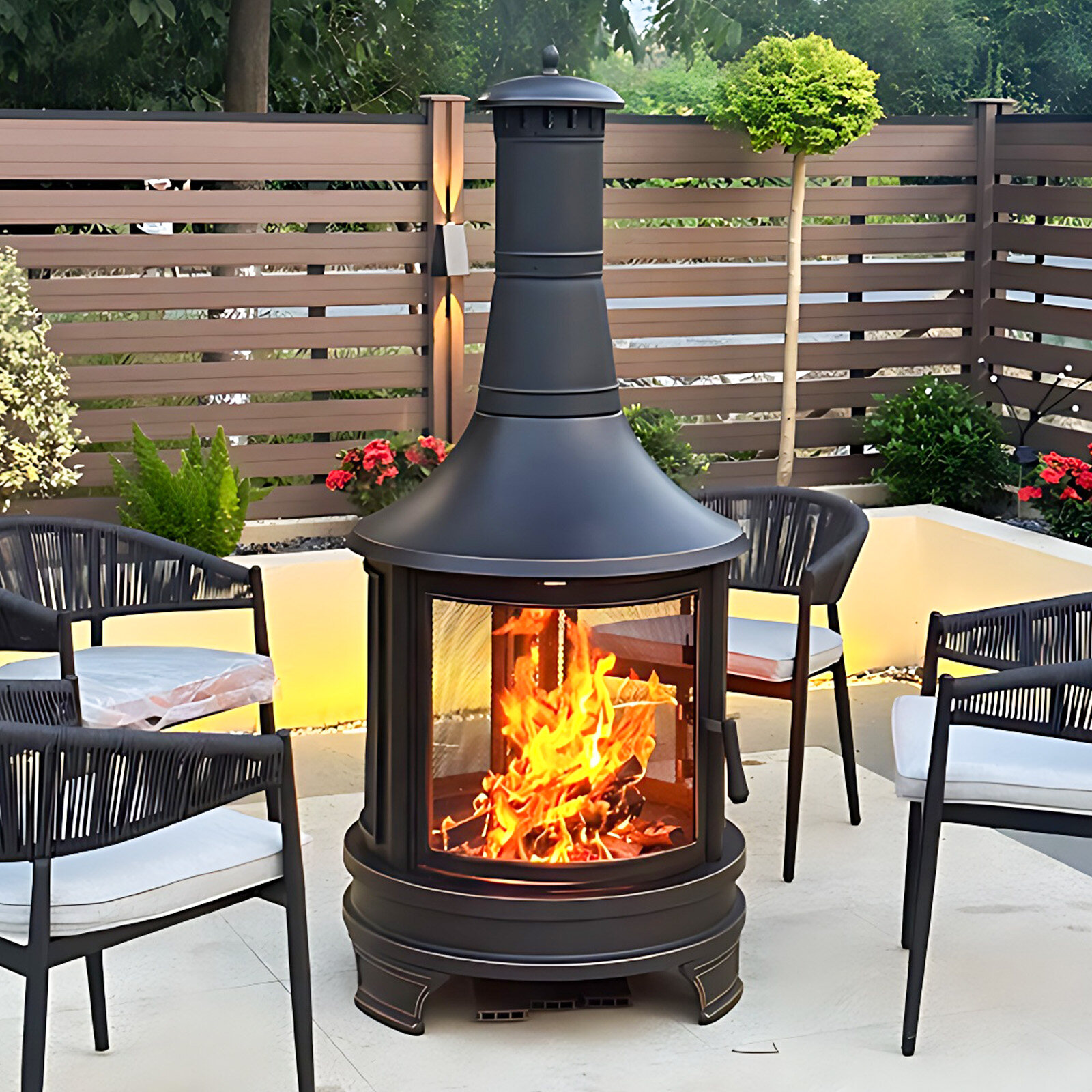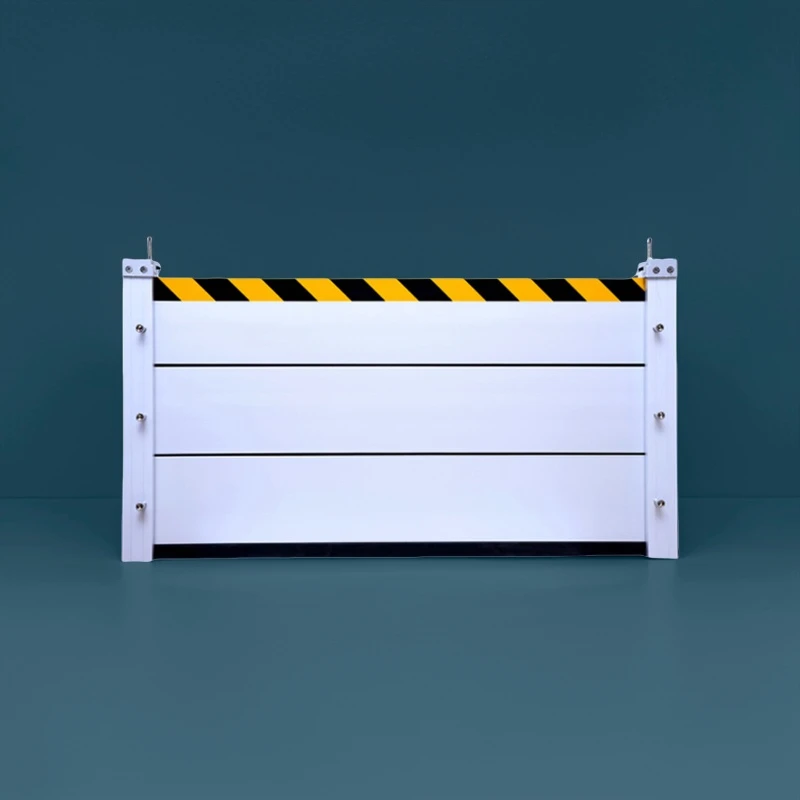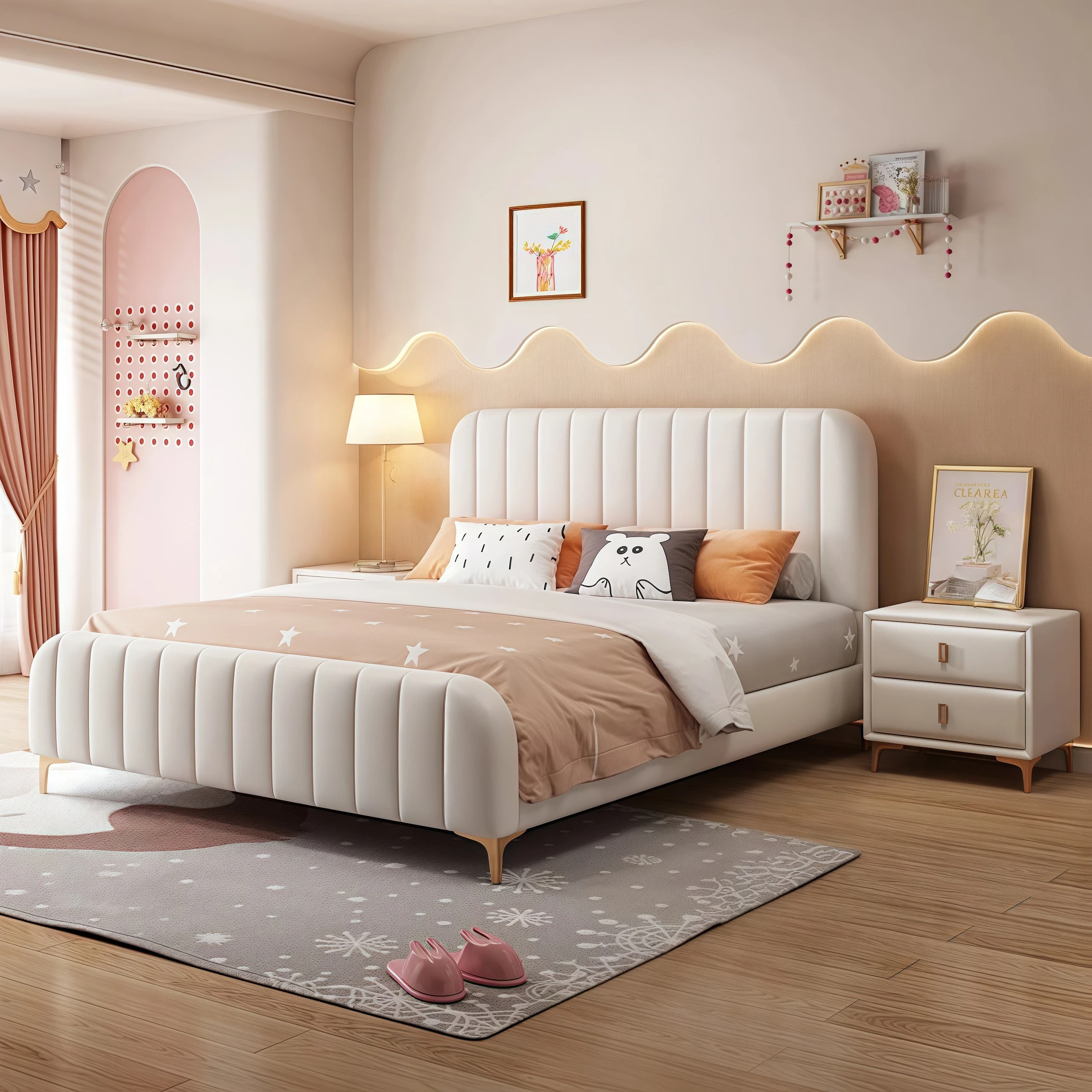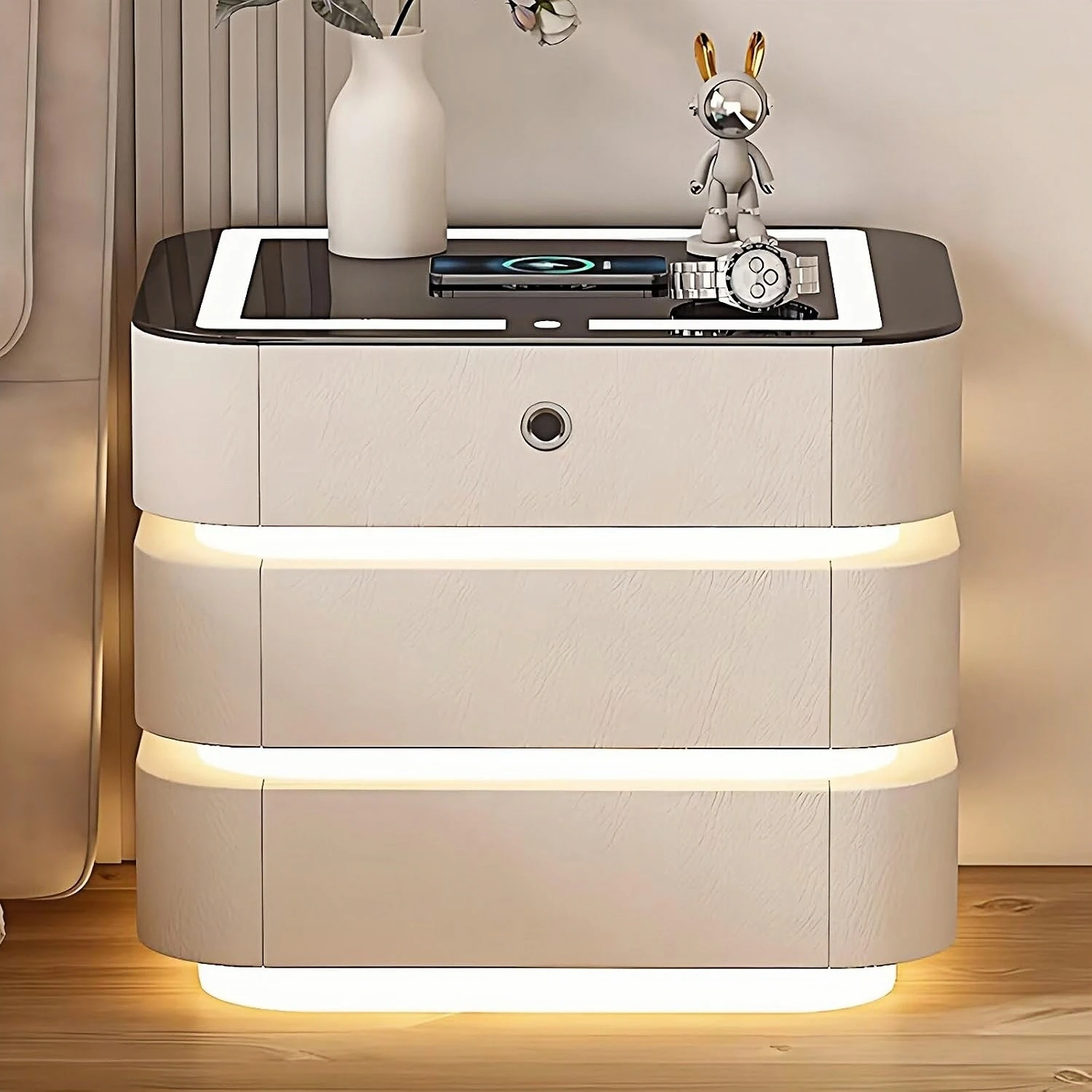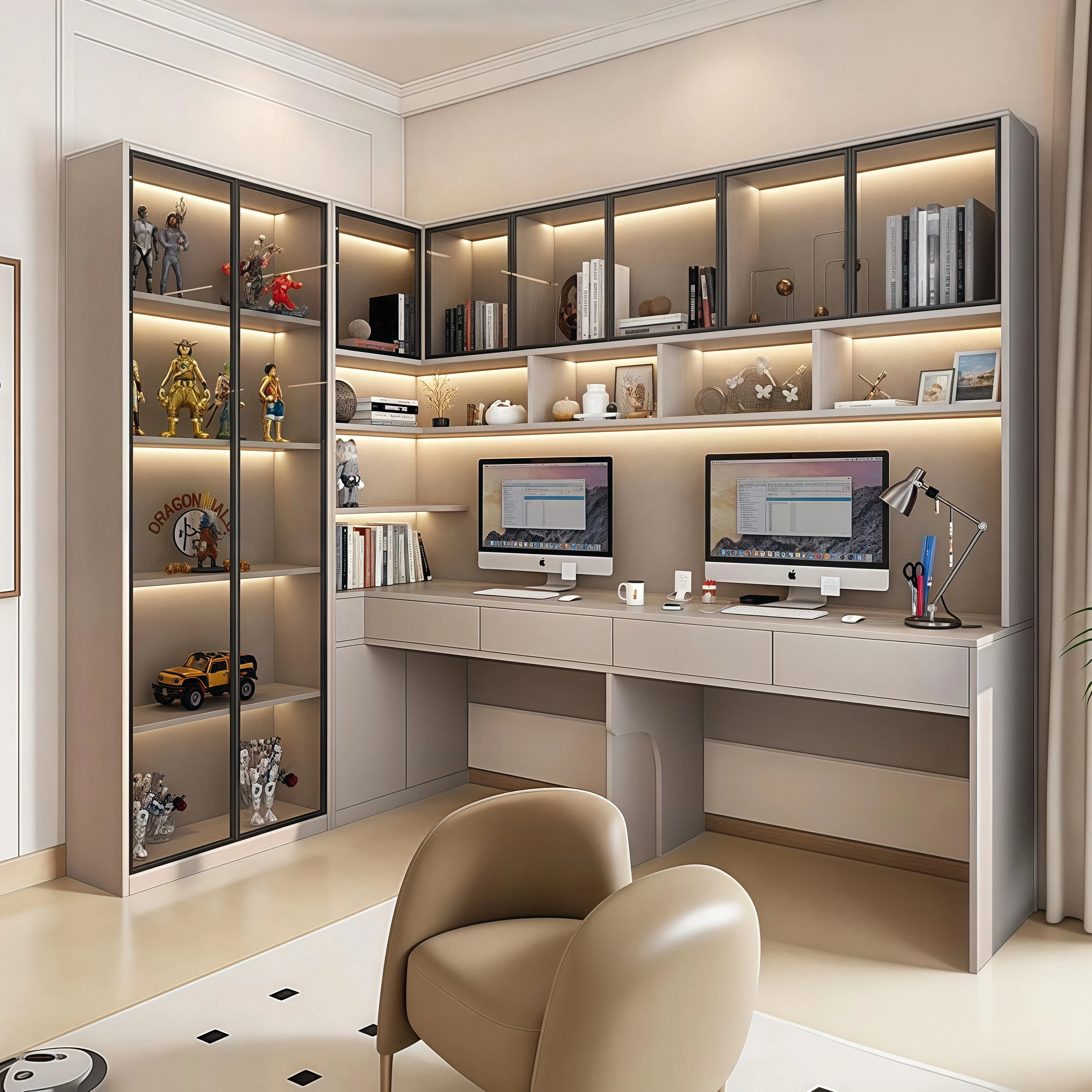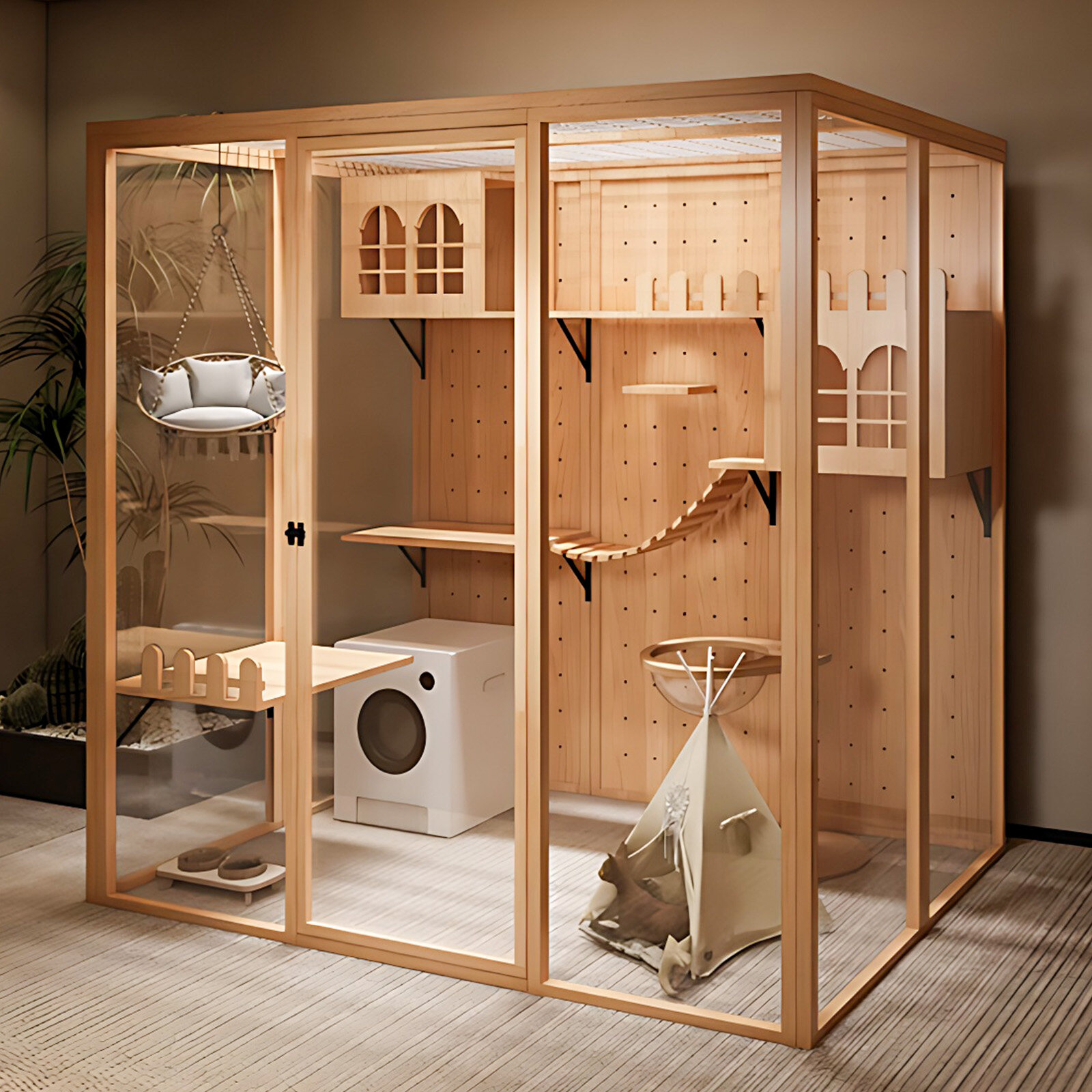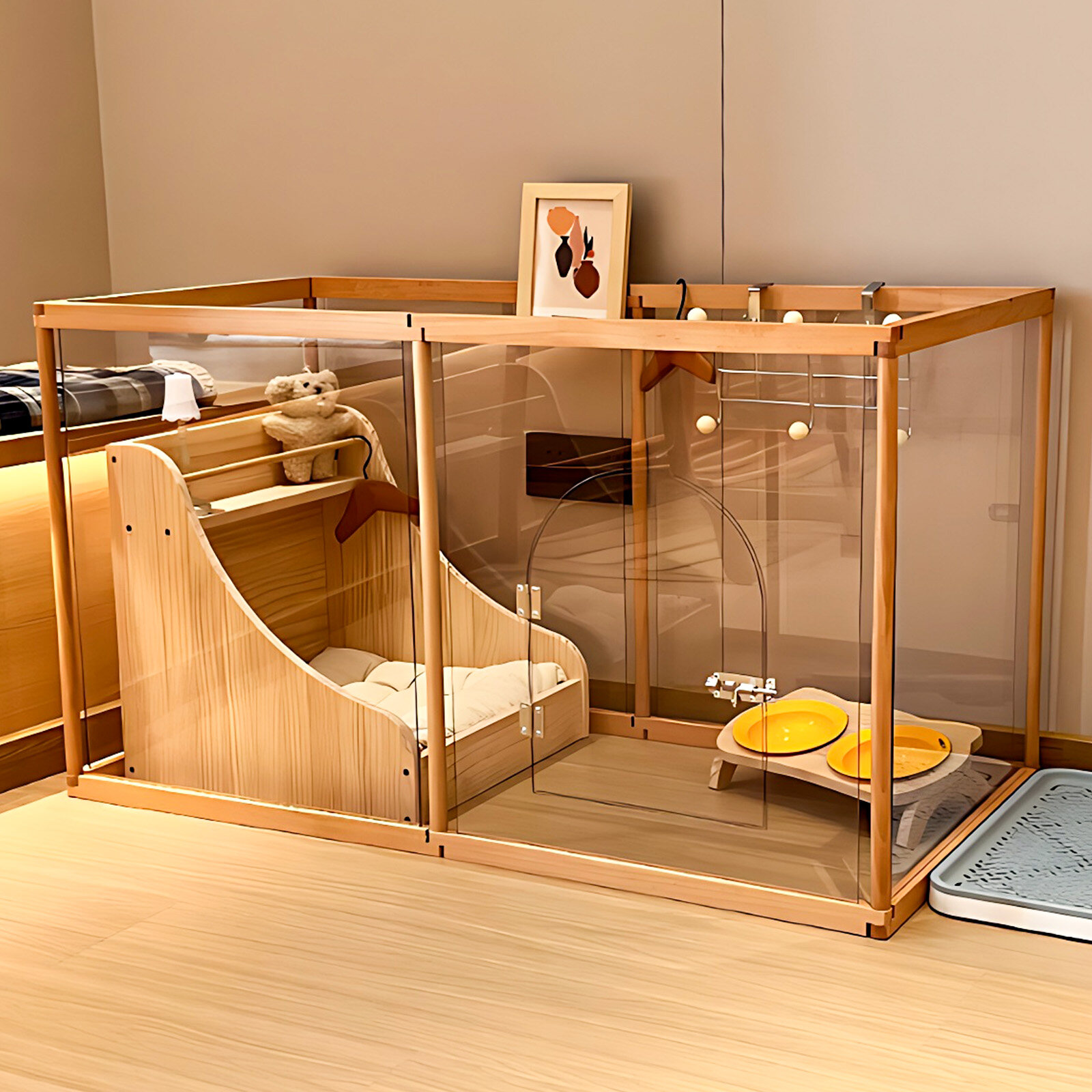What causes debonding in wood? Wood is an essential component of most furniture. Different types of wood have different physical properties. However, all wood used in furniture can experience debonding.
Debonding is a key factor affecting the quality of wood panels, which are crucial for furniture performance. Therefore, understanding the specific causes of debonding can help prevent unnecessary losses. Moisture content, drying, adhesives, and the external environment are the main factors affecting debonding.
First, the moisture content of the board is a key factor affecting bond strength. Plywood, particleboard, and medium-density fiberboard all contain moisture. Freshly felled wood has a higher moisture content, while wood that has been air-dried for a long time has a lower moisture content. Typically, the moisture content of boards is between 8% and 12%, which is the national standard. However, due to differences in climate and air humidity, the moisture content of boards varies from region to region, and therefore the control of moisture content in boards also varies from region to region. Methods for controlling the moisture content of boards include natural drying and dryers.
Secondly, drying is an important process in the production of boards. The drying process can make the boards reach the standards faster and more evenly.
Third, the adhesive used in the sheet also affects debonding. If the bond strength is insufficient, debonding will occur. For example, early urea-formaldehyde adhesives used a 7:3 urea-formaldehyde ratio for environmental protection. However, later, the urea-formaldehyde ratio was changed to 3:7 to increase bond strength, which is why many boards using urea-formaldehyde adhesives exceed formaldehyde emission standards.
Finally, the external environment can also affect debonding. Even if the panels are well-controlled, if they are exposed to darkness and humidity for extended periods, unnecessary damage, including debonding, can occur. Sunlight can cause panels to crack, and prolonged moisture can compromise the overall bond strength. Therefore, to avoid unnecessary damage from debonding, it's important to select the right panels and maintain the furniture properly.

 USD
USD
 GBP
GBP
 EUR
EUR
